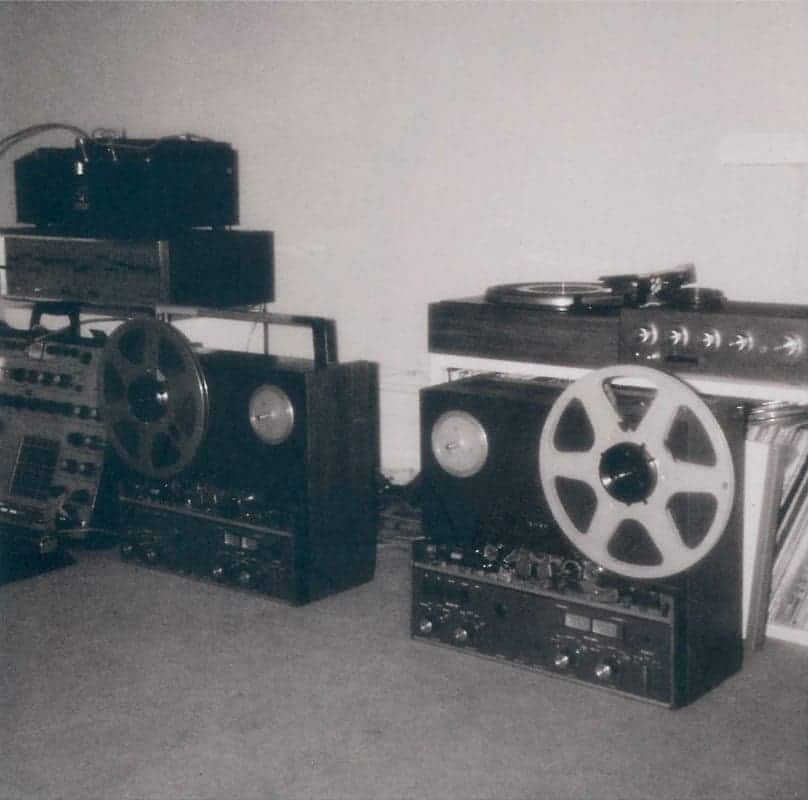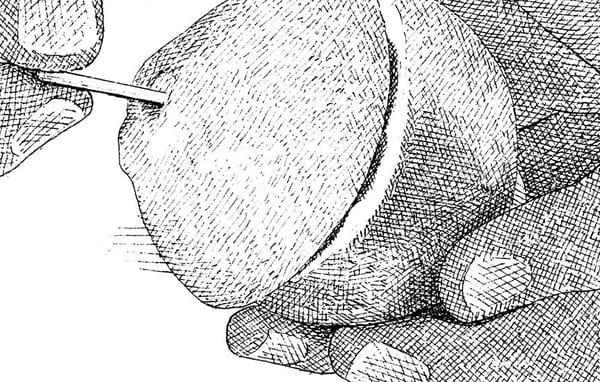The Top Albums of 2023
After a few years of not doing one of these, I am doing one of these

In the introduction to my 2019 top albums I wrote, “I’m starting a new thing in 2020 with more of this, more often,” and that was completely incorrect—so I’ll just instead say: I’m starting a new thing in 2024 with more of this, more often.
And this is that—a weekly (or more, we’ll see) newsletter about new music—so please subscribe!
So what happened, anyway? The newsletter didn’t happen then, nor did I manage to complete any of my annual Album of the Year lists in the years since. (I have playlists for 2020–22, but I need to give them a good weeding before I post them here.) Anyway, it took me a while to figure it out, but it’s this: I listen to music every day, nearly always in specific pockets of time. In the car on the way to and from work, during errands, at the gym. And like many of you, that whole structure—and with it, my listening habits —were completely erased around three months after I posted my list at the end of 2019. Which means I no longer had the listening and re-listening and organizing habits I relied on for producing one of these year-end lists. The pandemic had affected me in ways I wasn’t devoting enough attention to, and earlier this year I resolved to rebuild the habits I love and need, and here we are.
That was a lot of preamble for a music list, so here it is, too much (or little/something/just-glad-to-be-back), too late: playlists of my 48 favorite albums from 2023 on Spotify and Apple Music, with Bandcamp embeds below, plus song picks—one from each album—on Spotify and Apple Music.
Thank you for listening, and Happy New Year!
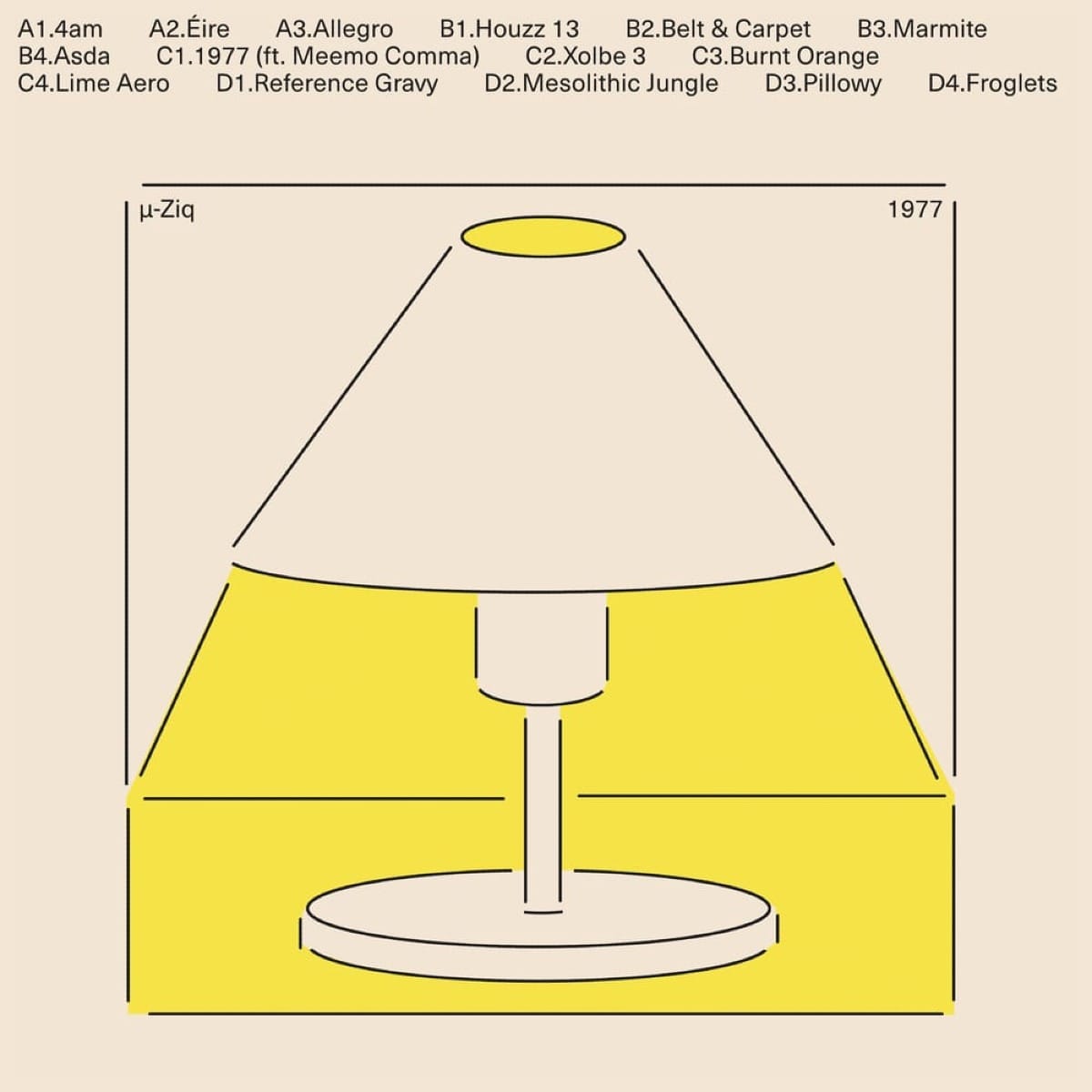
1977, µ-Ziq
Throughout the album, it sounds in many ways like a homage to the different eras of [Mike Paradinas’s] career, but it goes much deeper than that. It’s obviously a very personal trip through nostalgia and sentimentality, dating back to Mike’s childhood. There are none of the extreme shifts in genres and tempos one might expect from a μ-Ziq album, but the lack of surprises and unexpected turns might actually make 1977 his most cohesive yet. —Igloo Magazine
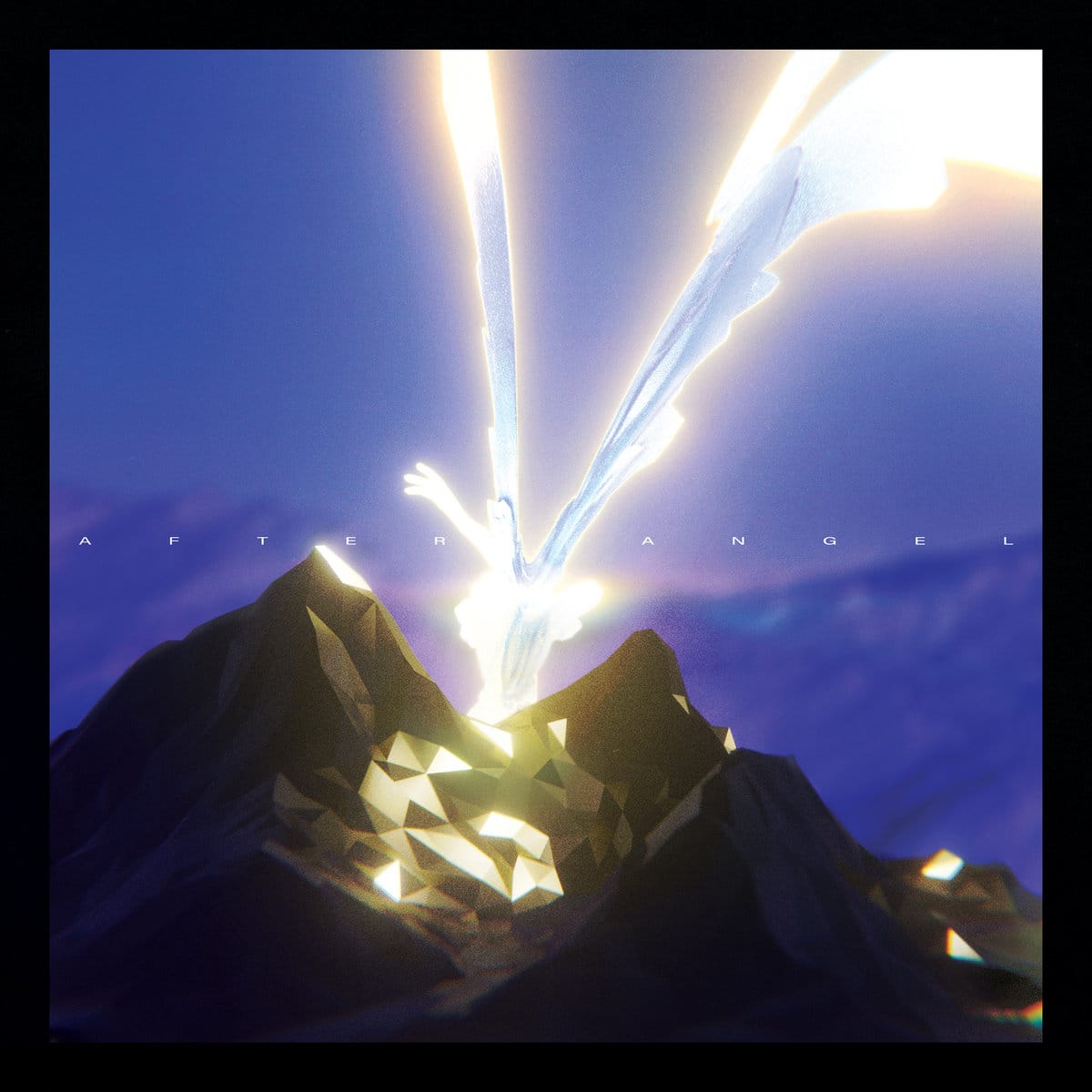
After Angel, death’s dynamic shroud
Darklife documents DDS’s humanity emerging from their once purely digital world. While it still features the internet-damaged sample manipulation that has become their trademark, it also incorporates more original production, instrumentation, and vocals than previous releases. Often this approach leads to effective juxtapositions, as in “Neon Memories,” when Honors’ vocals meld with a screaming synth until a glitch reintroduces the candy-pop chorus. (Pitchfork)

Again, Oneohtrix Point Never
While Lopatin could’ve leaned on this nostalgia, he embellishes it with a newfound, albeit muted, post-rock influence. The layering techniques and mindset he takes from the genre add an analog sentimentality to his digitized palette. They do so in a more effective way than even his vocals. While Magic Oneohtrix Point Never had “I Don’t Love Me Anymore,” a would-be ballad driven to maximalist pop ends, Again has “Memories of Music” and “Nightmare Paint” and their angsty guitars, which show a humanity that Lopatin’s processed vocals never could. —Treble

Atlas, Laurel Halo, Lucy Railton, James Underwood
Atlas brings forth a sonic tapestry of soothing electroacoustic textures with contributions by Bendik Giske, James Underwood, Lucy Railton, and Coby Sey. There are submerged impressionistic soundscapes that nod to Basinski’s piece “Watermusic II,” improvised piano sketches in the tradition of Satie’s furniture music and gossamer string arrangements à la Jelinek. Her music is defined by an “aquarelle effect,” with her translucent sounds operating as flowing watercolors. —The Quietus
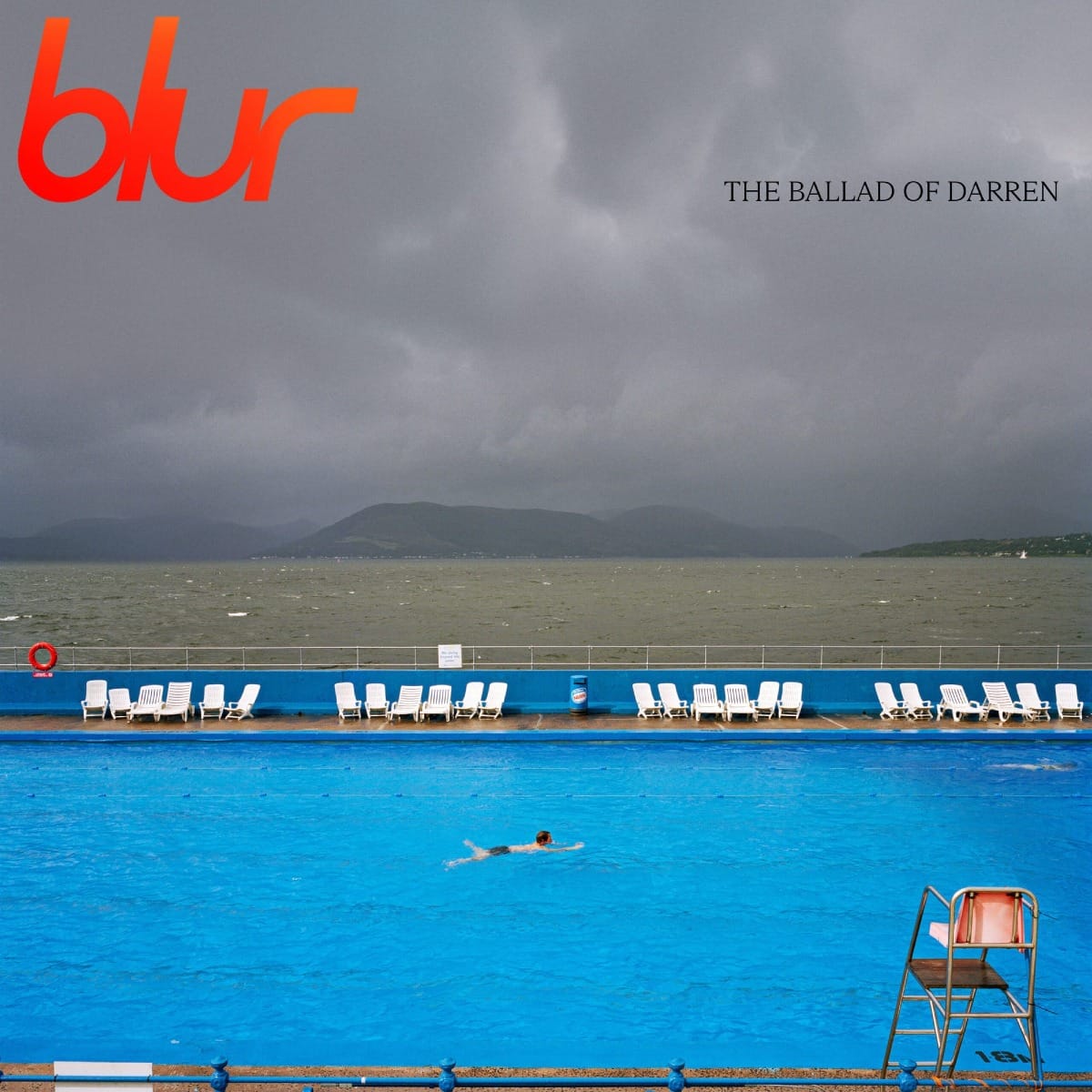
The Ballad of Darren, Blur
Put another way, it’s very adult, mature work—and not in the way those words can sometimes be used as a pejorative, to dismiss music that doesn’t address emotions with the vividness of youthful first exposure. Songs like “The Ballad” and “The Narcissist” express angst and regret, but also a version of hope—that wounds will heal, that things will eventually work—that only comes from accrued experience with the cycles of life. —NPR
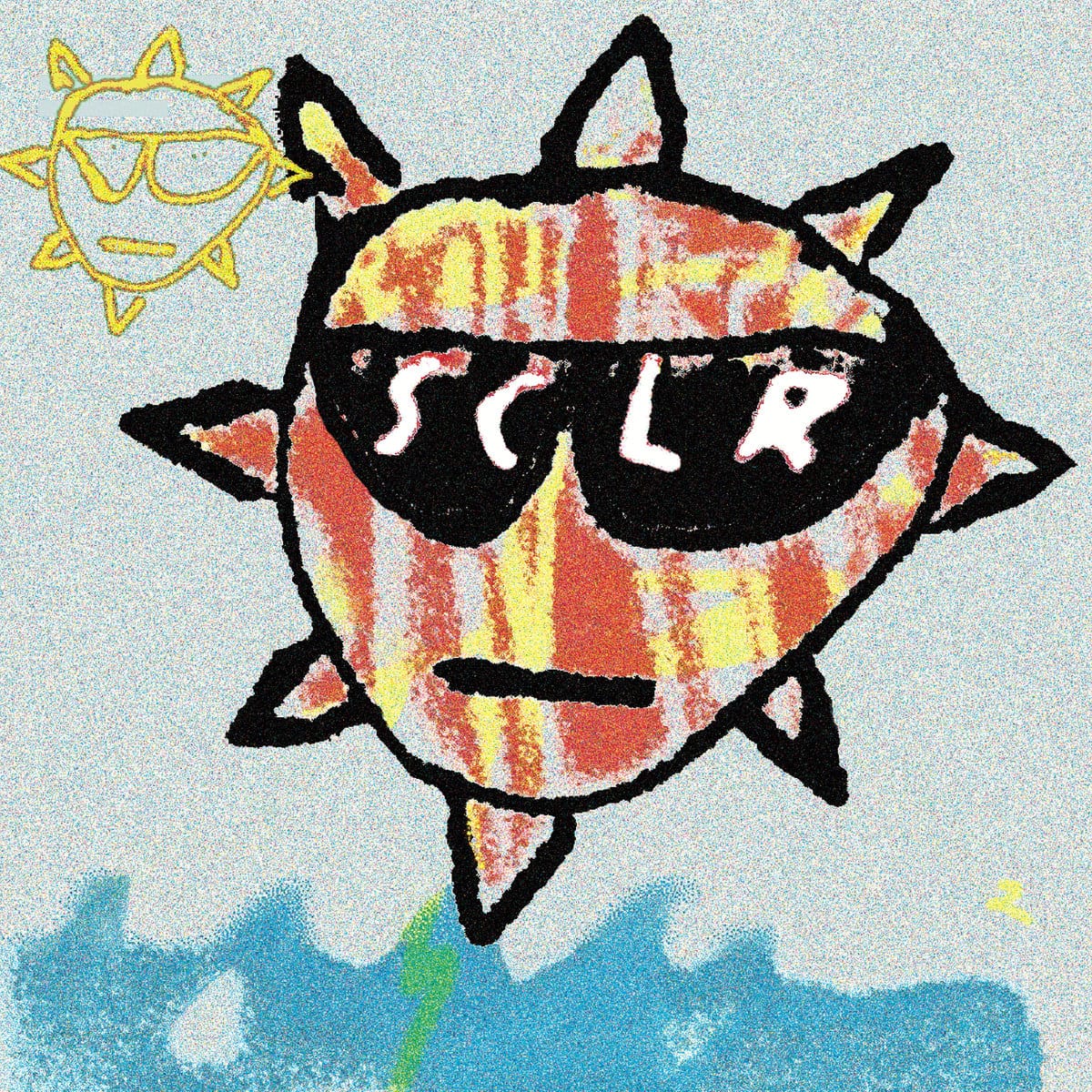
Breathing Under Honey, Static Cleaner Lost Reward
It’s the end of Low Company as the beloved record store turned label draws to a close with its 16th and final release. The final body of work comes from Tarquin Manek aka Static Cleaner Lost Reward, dubbed by Boomkat as one of the most under-recognized yet distinct producers out there. On the CS + Kreme tip, this weird and wonderful release features a body of work recorded between 2013 and 2020. Living on the post-punk oddball pop spectrum, it creates a dreamlike narrative to transport you into a hazy paradise. —The Vinyl Factory

Calla, NTsKi
Calla is...a unified statement of her musical vision at this point in her development, with all-new songs melding her breathy and intimate voice, singing in Japanese and English, with organic acoustic sounds and distinctive electronic colors. NTsKi possesses a charming melodic gift as well as a distinctive production style, giving Calla a cohesion and subtle momentum, with relaxed tempos, interesting arrangements, and intriguing melodies fusing into a focused musical statement that is refreshing, charming, and forward-looking, underpinned by a sense of wistfulness, nostalgia, and melancholy. —Monorail Music

The Ceiling Reposes, Lia Kohl
While The Ceiling Reposes might be peppered with many curious sounds and details that both lay hidden in the background and flash before your eyes in a blink-or-you’ll-miss-it suddenness, this is an ambient album through and through. Like all good albums in that genre, it has a way of almost forming around you, swallowing you whole before you realize you are in the midst of it all. —Beats Per Minute
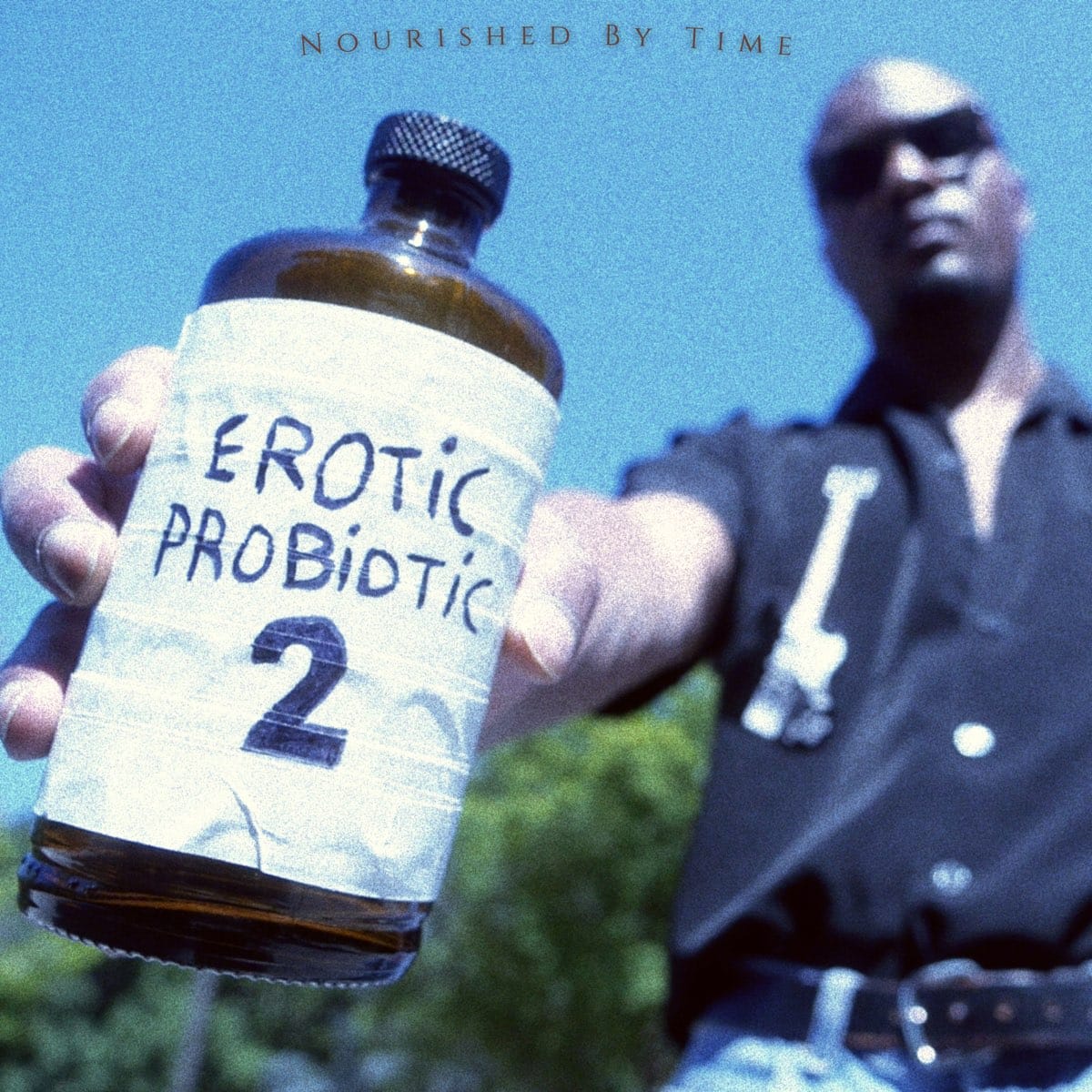
Erotic Probiotic 2, Nourished by Time
[Nourished by Time’s] newest gem is a refreshing, genre-defying outlier that’s earned Brown lofty but deserved comparisons to singular luminaries like Arthur Russell, Blue Nile, SWV, and Prince. Of course, Erotic Probiotic 2 sounds like no one but Nourished by Time, as Brown conjures a magical, one-of-a-kind modern synthesis of ’90s R&B, ’80s freestyle, bedroom pop, and soul that transcends any and all of his myriad influences. Also the best live show I saw this year. —Gorilla vs. Bear
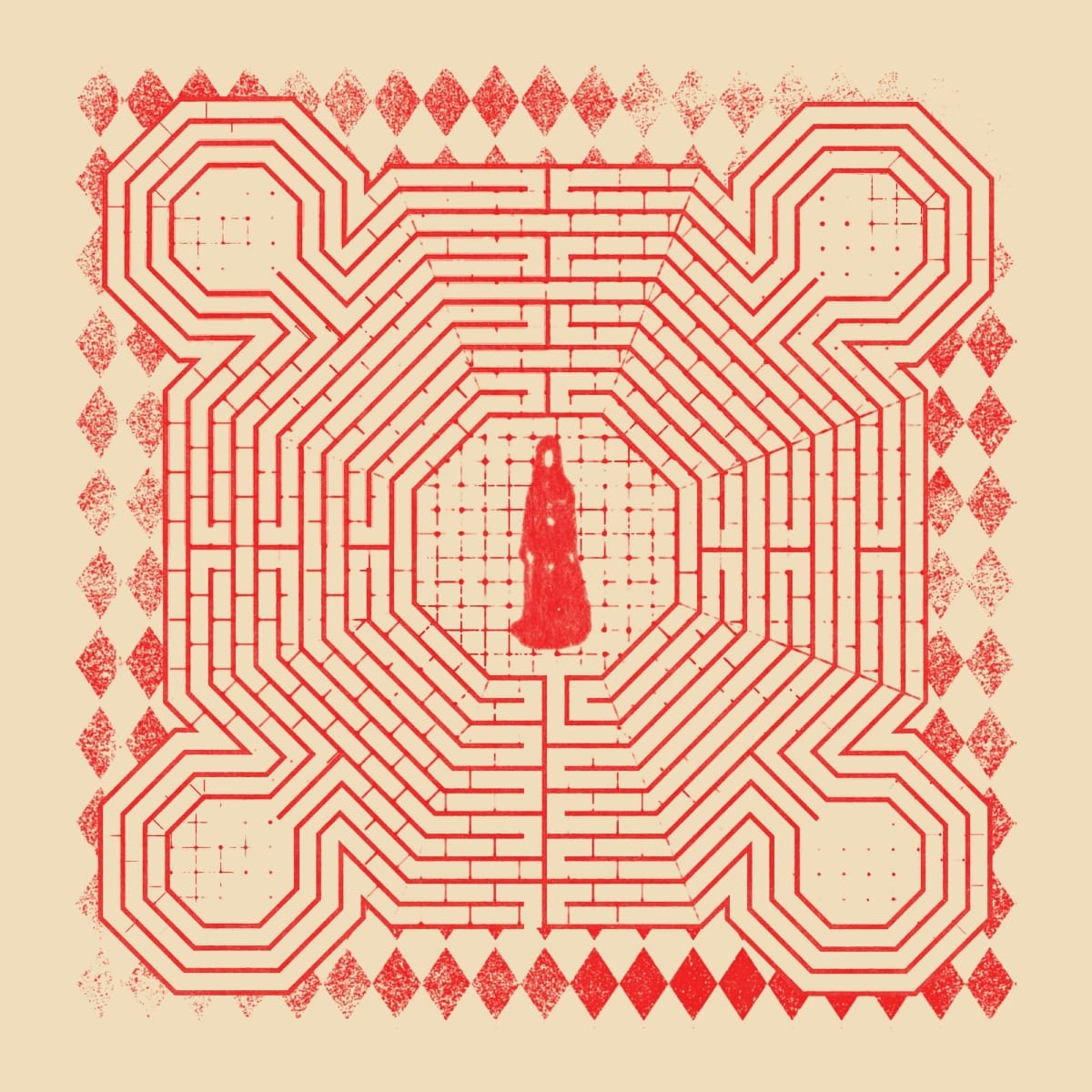
everything is alive, Slowdive
Gradual listening experiences aside, Everything Is Alive won’t be mistaken as the work of any other band. From the haunted guitars to the impressionist vocals, from the most spell-binding drones to the brisk tempos, this is a Slowdive album through and through. Everything Is Alive may not have a “Star Roving” kind of single tucked within, but it still hits the listener where it counts, deep within the 10th listen with the lights turned down low in late autumn. Don’t fret over any initial impressions of stasis. Everything is indeed alive. —PopMatters

Gentle Confrontation, Loraine James
At the heart of Gentle Confrontation is a shifting, exploratory relationship between airy ambient and jerky, pointillistic beats. Programmed drums emerge beneath the title-track’s string swells and high synths, recede, then re-emerge: only after the track rethinks its entrance do James’ vocals finally enter. In some instances, these changes are supported by live instrumentation, as in “I DM U” where James’ programmed beats trade off to live drums by Black Midi’s Morgan Simpson. Taken together, these constant shifts in texture and setting give the album a probing, inquisitive quality. —The Quietus
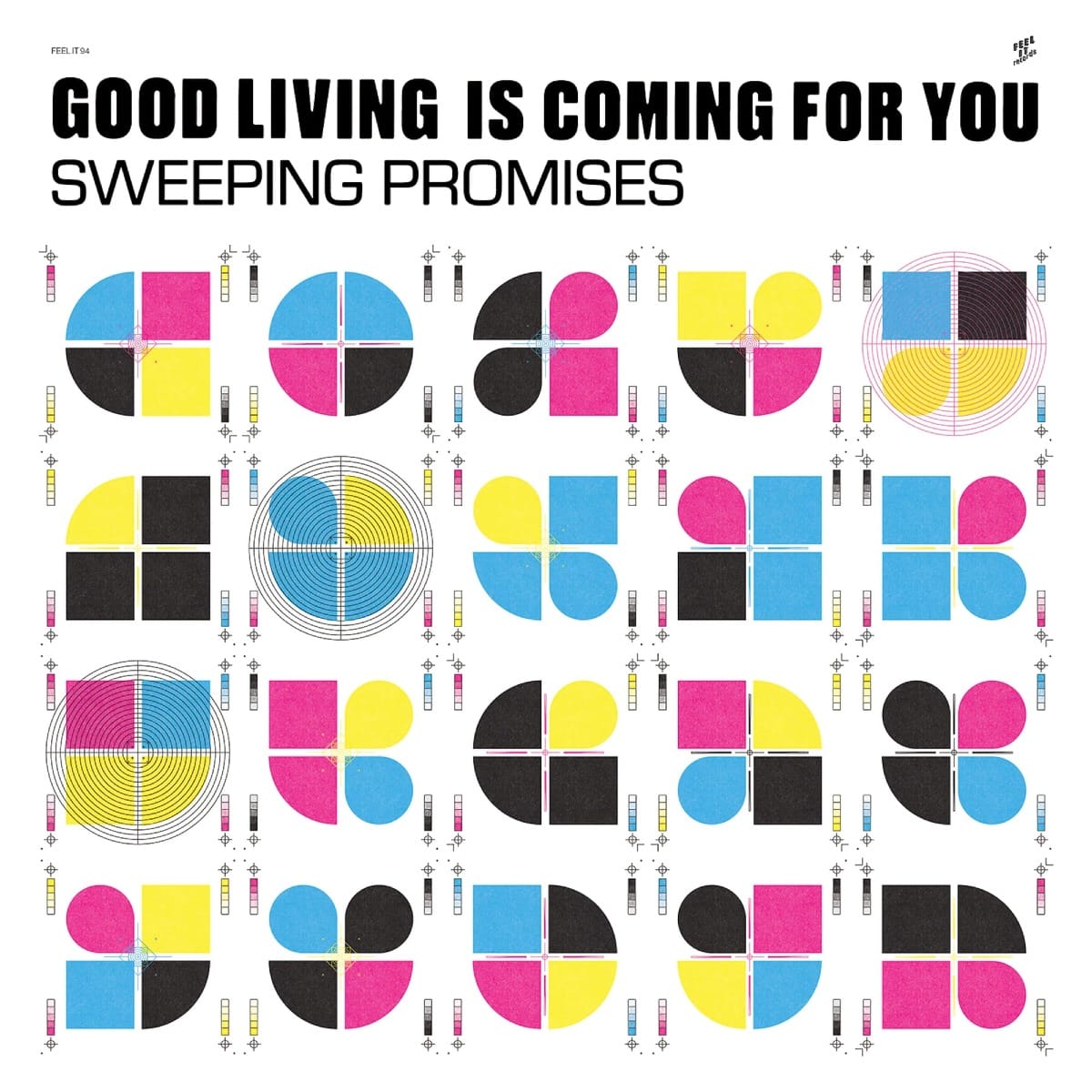
Good Living Is Coming for You, Sweeping Promises
Sweeping Promises’ strength lies in their ability to create infectious layered hooks that stay with you long after the album has ended. This repetitive new wave technique pulls you into tracks with a strong Blondie vibe, especially on songs like “You Shatter” and “Throw of the Dice.” The band’s knack for crafting memorable melodies will have you humming along involuntarily. The interplay between the guitar, keyboards, and drums is particularly noteworthy as they intertwine seamlessly, providing a solid foundation for the songs. —The Fire Note
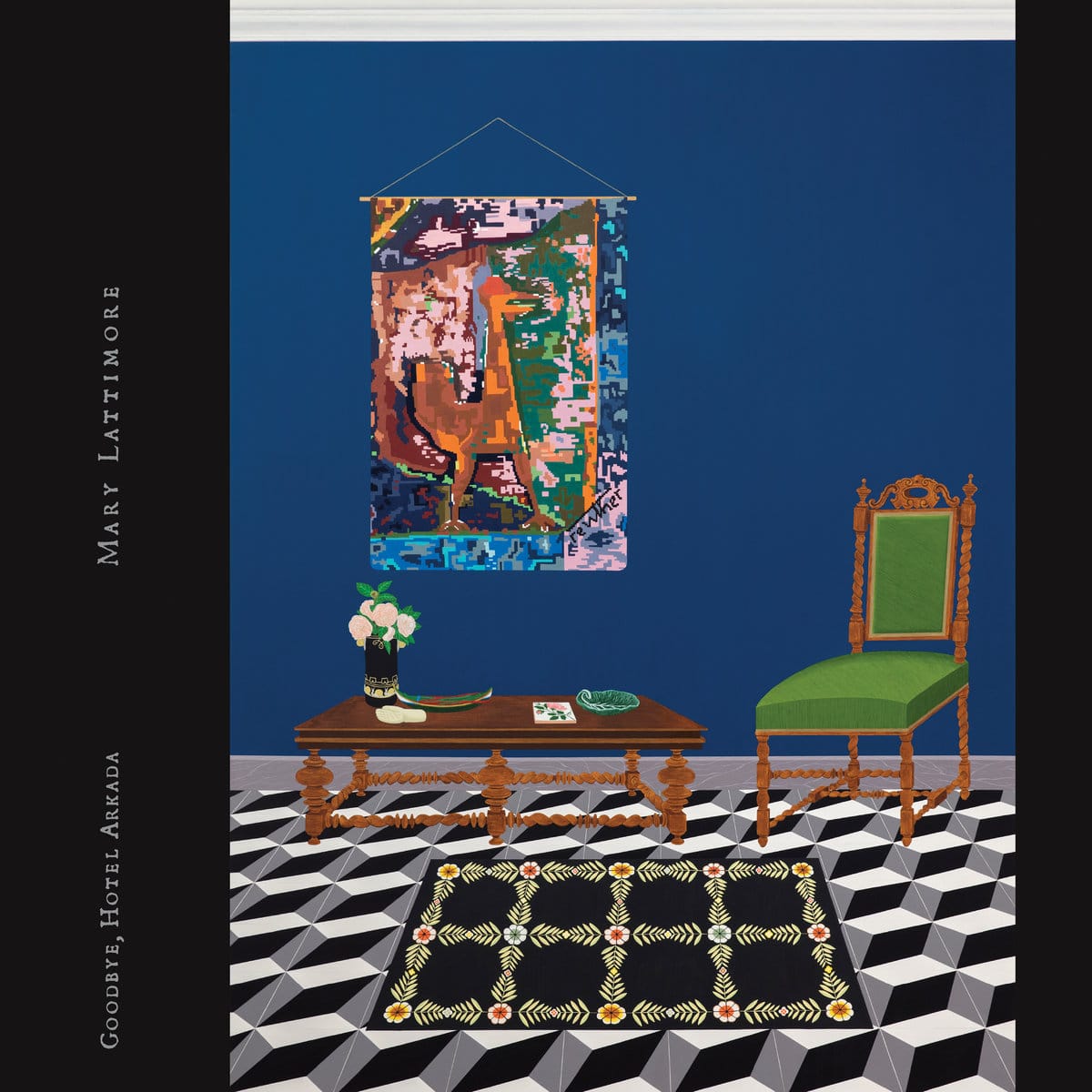
Goodbye, Hotel Arkada, Mary Lattimore
Bringing the record to a spellbinding conclusion, “Yesterday’s Parties” features Slowdive’s Rachel Goswell singing a wordless hymn that conjures eerie recollections of Julee Cruise, logs, and cherry pies. The title gives a flip-sided nod to the Velvet Underground while Samara Lubelski’s violin adds rich layering. While Goodbye, Hotel Arkada could easily be used as a pleasant background wash of sound, close listening reveals it to be a magnificent set of compositions that can bring tears to the eyes with its unearthly beauty. —Silent Radio

Habitat II, J Foerster, N Kramer
The New Age continuum is mutating and flourishing under the wayward guidance of J Foerster, N Kramer, and Leaving Records. Seemingly composed in the spa of an orbiting ashram, where sounds warp, fold in on themselves, and distort in the low-gravity conditions this is otherworldly, somewhat weirdly, oddly comforting wellness music from the warmer, cuddlier end of the Berlin spectrum. —The Slow Music Movement
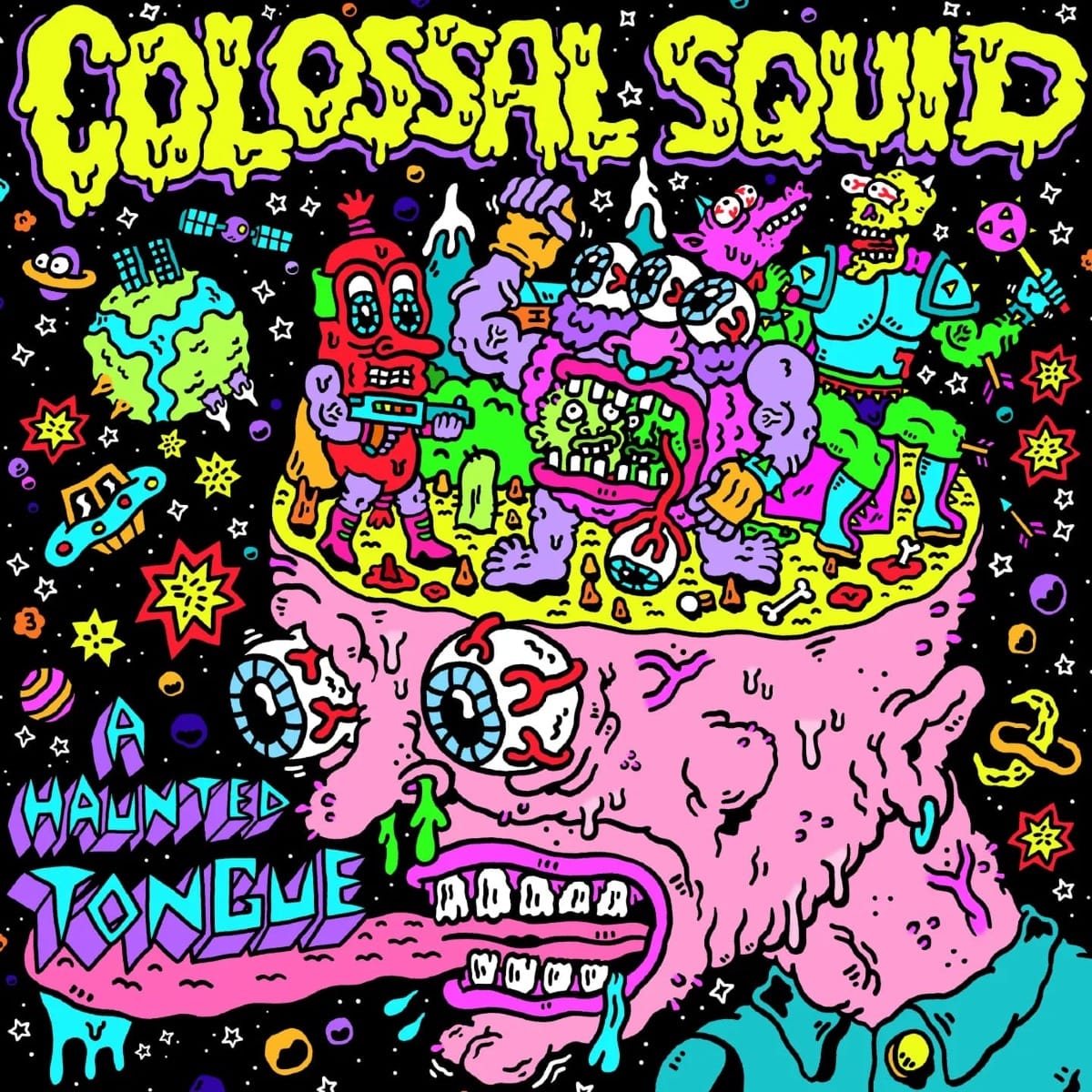
A Haunted Tongue, Colossal Squid
This is music that embraces drum and bass, big beat, and the positive energy of the dancefloor. There are so many great sounds on this album—electronic badinage that is woven in and out of the rhythms—but there’s no doubting that it’s the drums that make everything shine. It’s urgent and exciting and it amazes me that, although the playing has a surgical precision, it also manages to sound loose. This is a rave in a cathedral where you’re dancing between a hailstorm and lightning. If Adam Betts was the drummer setting the oar speed on a Viking ship, then they wouldn’t just hit the coastline they would keep going several miles inland. —Joyzine
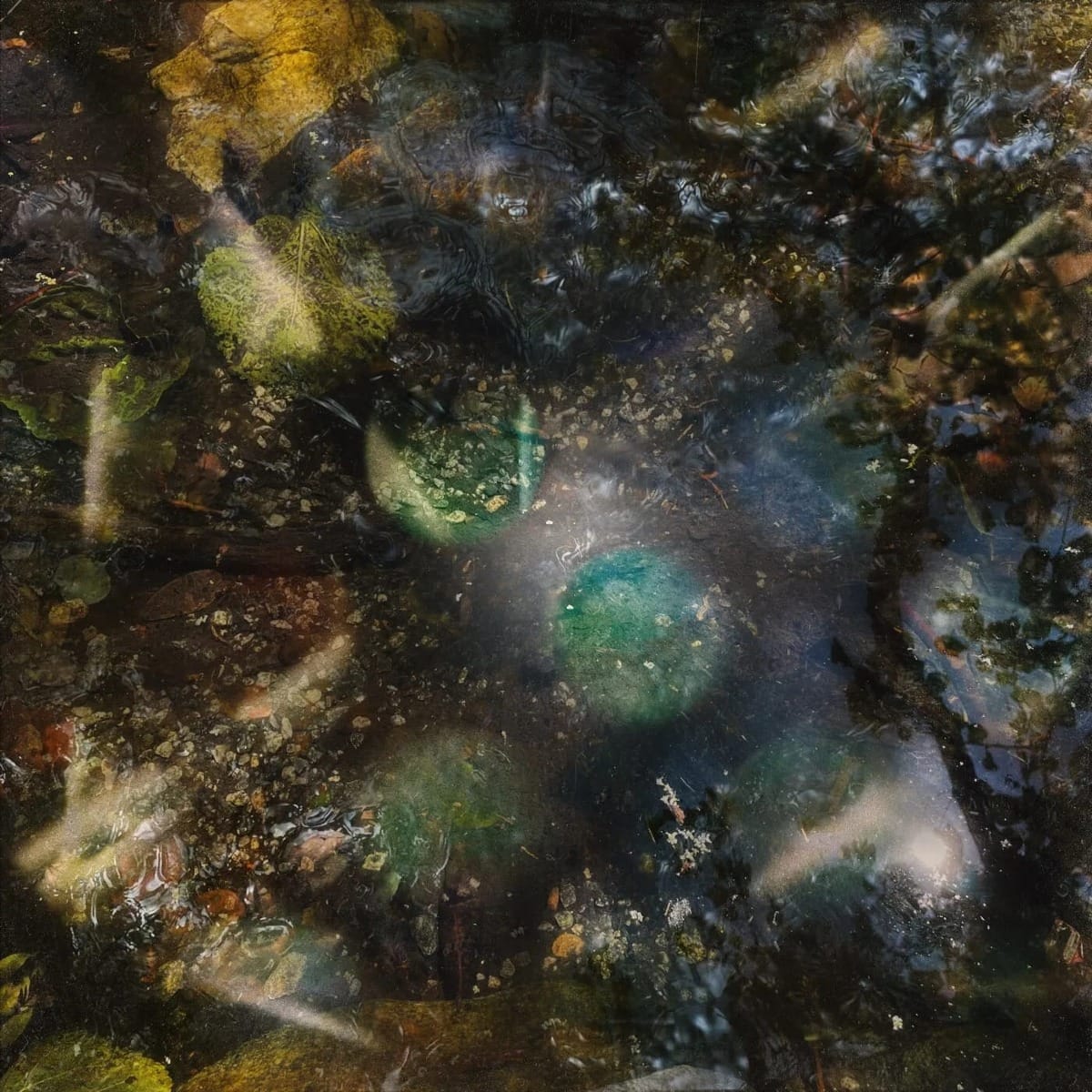
A Host for All Kinds of Life, Green-House
Ardizoni and Flanagan tackle here the concept of “solastalgia”—the longing and distress experienced by individuals as a response to environmental change/degradation. Or, as they explain, a catch-all term for the pervasive sense that the world as we know it is far from well, and only growing less so. While by the description of this concept and term you might expect some harsh and dark sounds, Green-House takes a reverse route—with gentle and quite soothing ambiances they seem to try and describe all the beauties that we are consciously or unconsciously destroying. —Echoes and Dust

I Killed Your Dog, L’Rain
What makes I Killed Your Dog so special in the musical landscape of 2023 is that it implements many musical hallmarks from the late ’80s and late ’90s all the way up to today’s current moment. L’Rain is able to fashion them into a larger tapestry that is dense and experimental while still being incredibly listenable and accessible, yet fiercely passionate, embracing a dark, twisted femininity that is nothing short of bewitching. —Post-Trash

i’ve seen a way, Mandy, Indiana
The various textures and shifts of i’ve seen a way are mesmerizing—down to the way that Caulfield presents herself more like another instrument than a typical frontwoman, leaning on her operatic training to produce vocals with an intensely textural heft. She sing-speaks, she murmurs, she hisses. Her approach often emphasizes the dichotomies of Mandy, Indiana’s music: “Peach Fuzz” is already a sideways, smeared take on dance music, and her punk yelps accentuate its visceral pulse. —Pitchfork
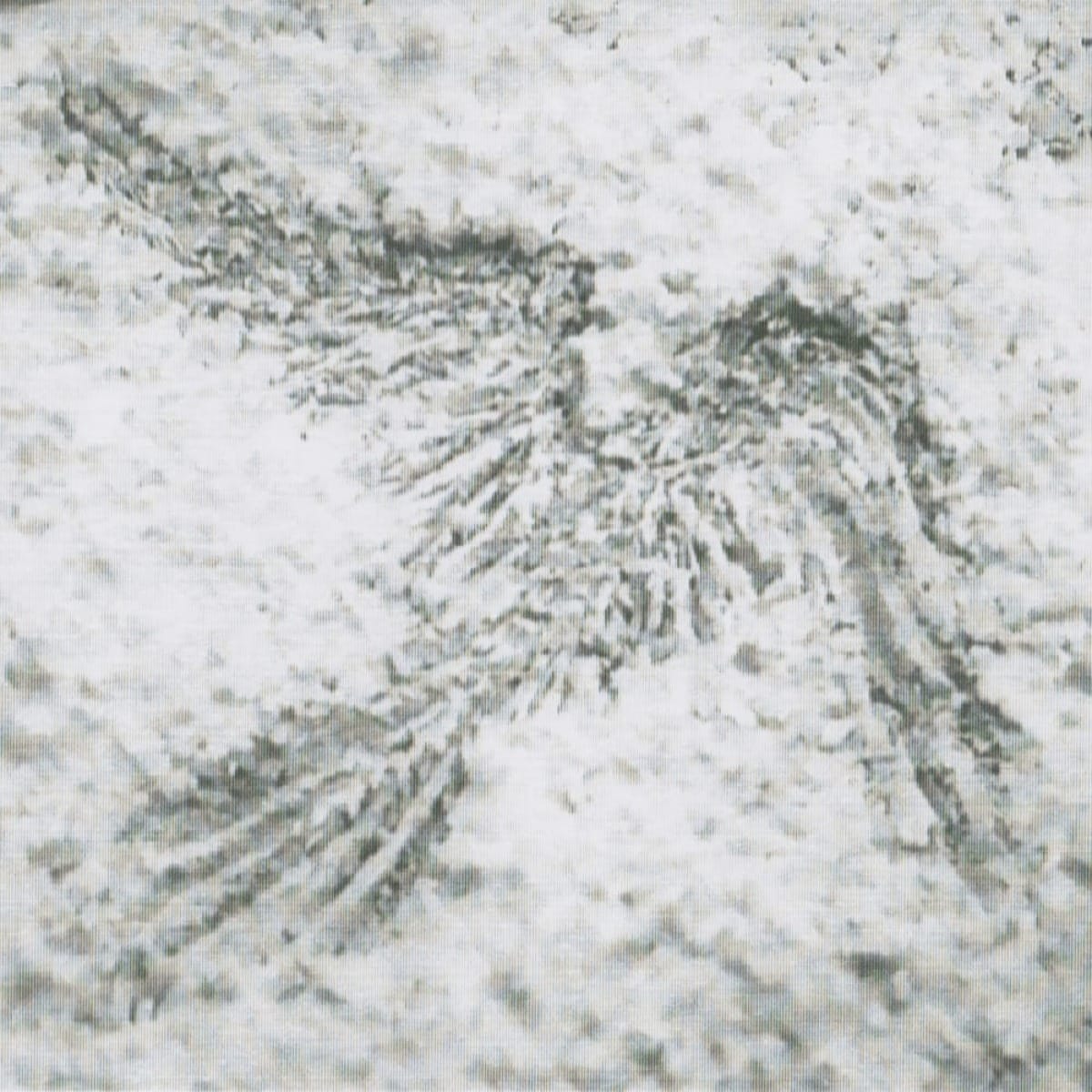
Inner Winter, Gentle Stranger
This, then, is a “winter” album in the purest sense. Gentle Stranger augment it with seasonal tropes, the distant sleigh bells amid the creaking field recording that makes up “(searching in the snow),” for instance. And yet, I don’t see it as a record to be dusted off once a year as the calendar turns to December, and put away again in the spring. This, crucially, is a record that ultimately depicts an inner winter, more than an outer one. It takes wider themes one associates with the season—of hibernation, transition, and particularly death—that, depending on one’s mental state and lived experiences, can arise at any time. —The Quietus
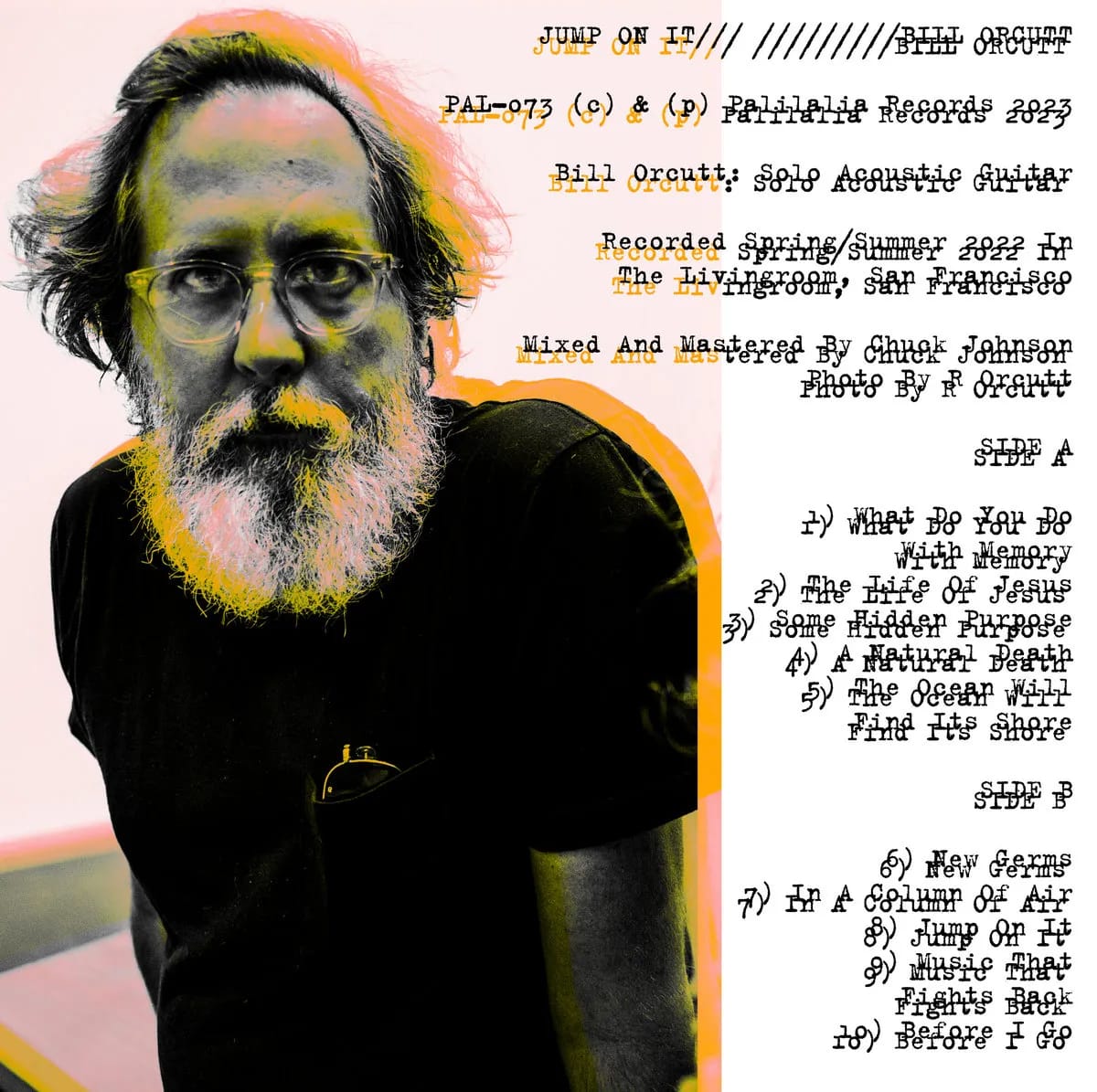
Jump on It, Bill Orcutt
The opening track is titled “What Do You Do With Memory” and this may be a key to what this record is about: memory in some of its different meanings, as recollection if you are more Wordsworthian, as data storage if you are more inclined to computer science or just memory of great American guitar music, and after having visited many popular songs through the years, this is his personal contribution to the songbook. Anyway, my impression is that these 10 pieces offer us another side of Bill Orcutt’s guitar style, one that ponders each note with grace and irony—it’s a good way to spend half an hour. Mesmerizing. —The Free Jazz Collective
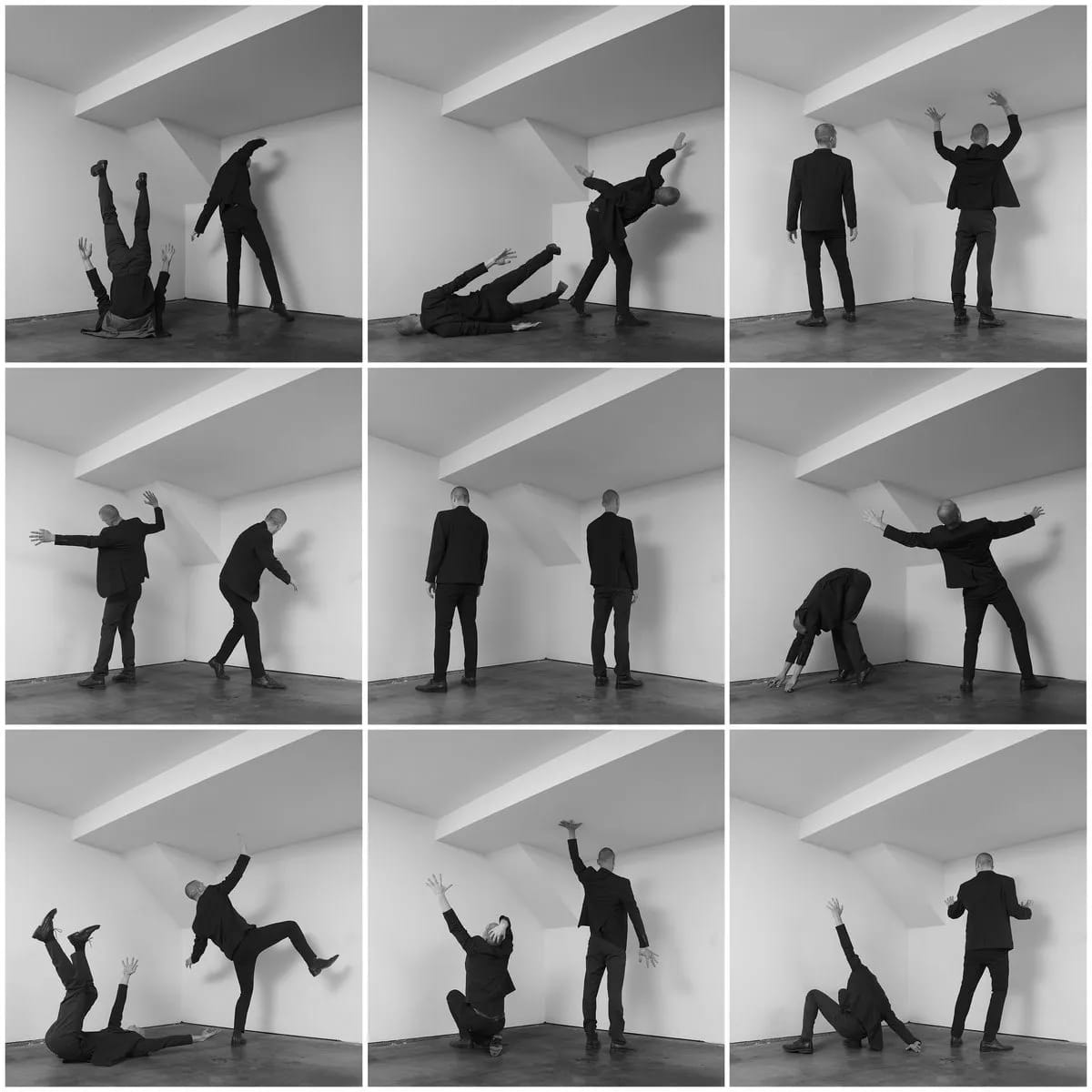
The Lamb as Effigy, Sprain
The record stands at 96 minutes and half its runtime is split between only two tracks. These mammoth pieces—“Margin for Error” and “God, or Whatever You Call It”—are representative of the album’s attitude. Despite their 20-plus minute structures, they don’t build towards a crescendo with a rising-and-falling pattern like post-rock, nor do they accelerate their length with multiple tempo changes a la Sufjan Stevens’ “Impossible Soul.” Sprain compel you to ponder while they collapse and reassemble themselves through noise rock, drone, classical, and avant-garde lenses. —Treble
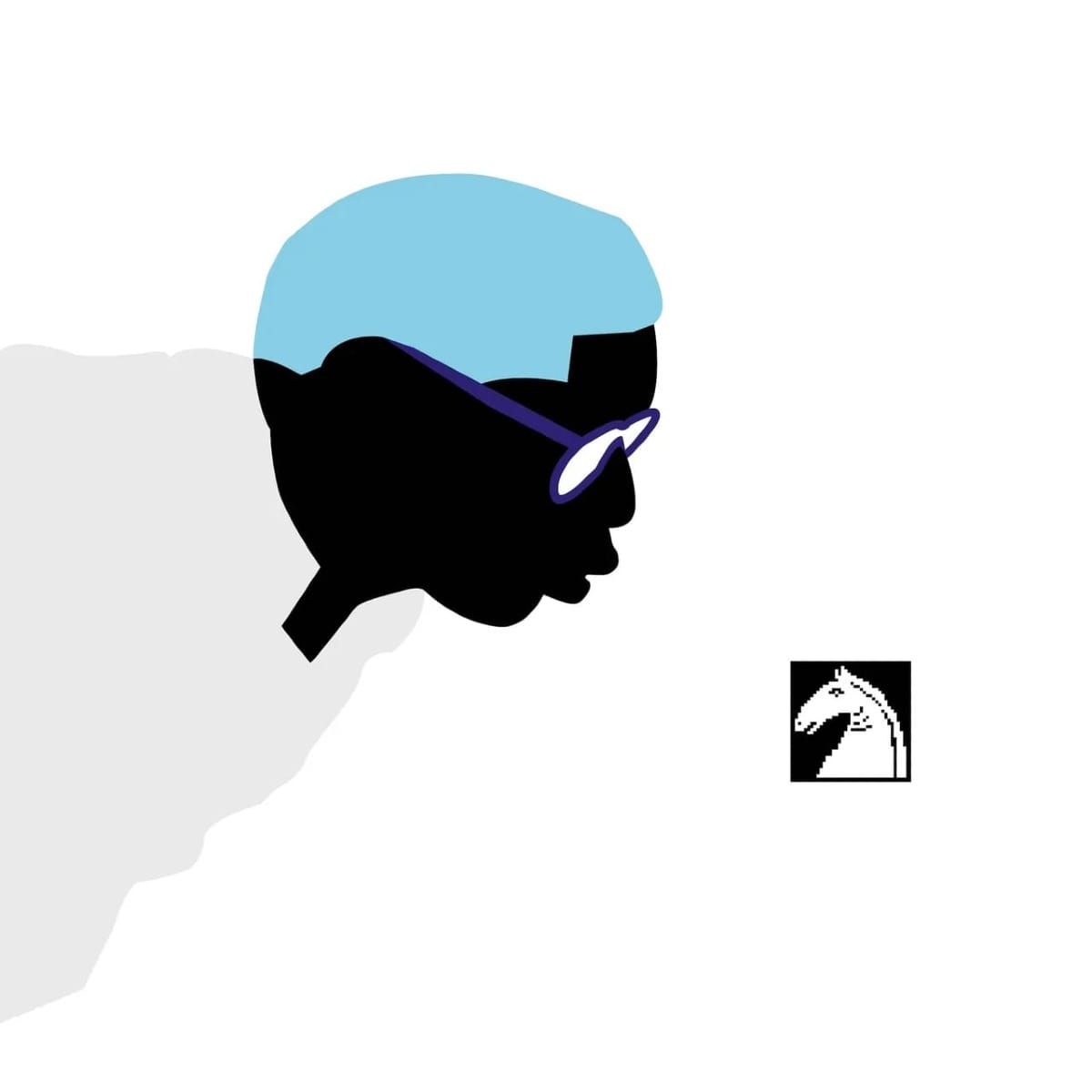
LXXXVIII, Actress
Part of the reason why LXXXVIII is so enjoyable is all these callbacks—it’s catnip to a diehard Actress fan. There’s a few new wrinkles on there, sure—the jazzy chord changes, the piano, the almost formless ambient sections—but mostly it’s what he does best. There’s a texture to the sounds, a sonic trademark you can sometimes feel more than hear. That kind of consistency can be dangerous when you’re a maverick like Actress, but for him it’s more of a blessing than a curse. —Resident Advisor
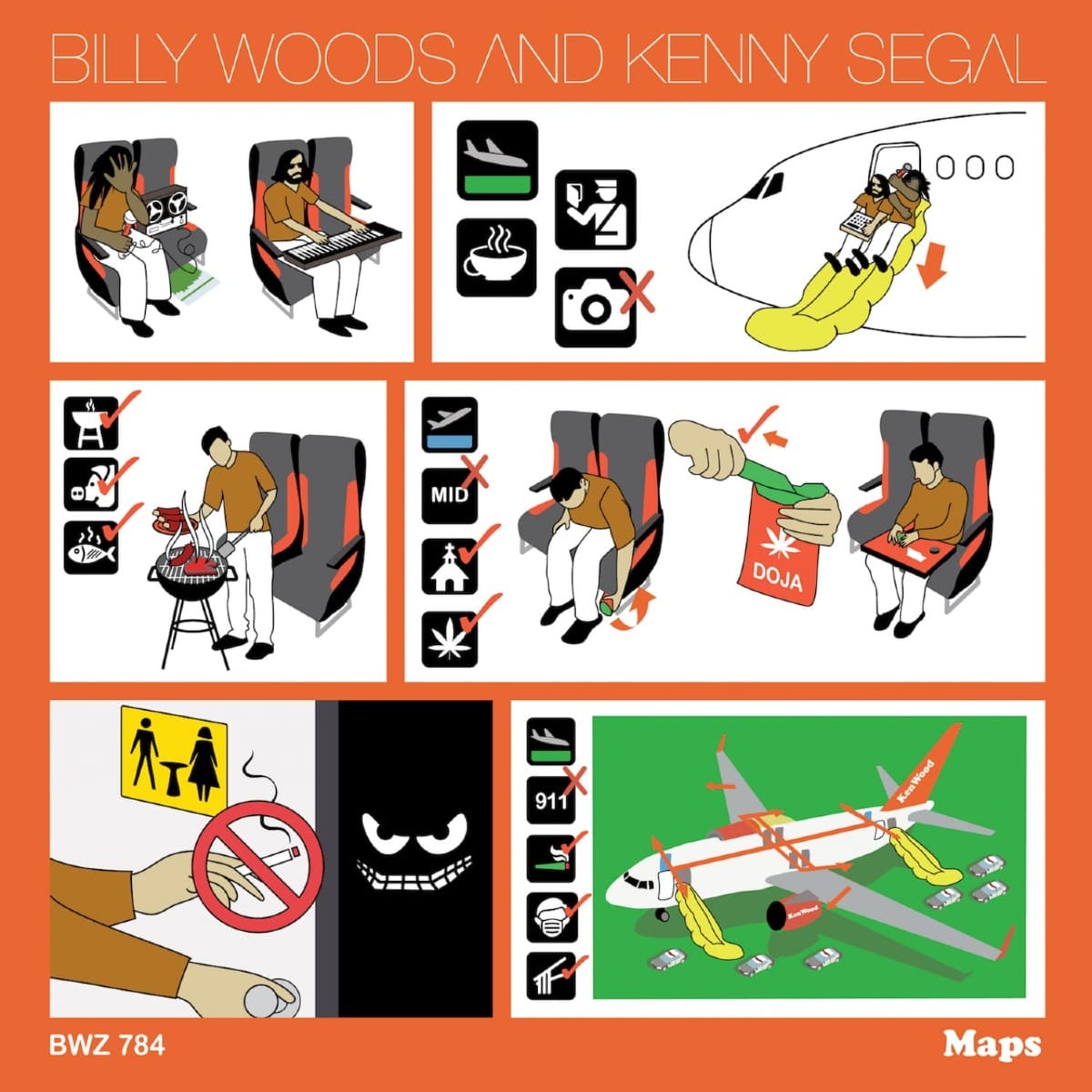
Maps, billy woods, Kenny Segal
There are so many striking lines on Maps, so many pieces of pure language that stick in my memory like thorns. There’s billy woods imagining the people surveilling him: “Electric fence, bigass satellite dish pointed at the sky/ So much tape hiss, FBI agents narrow they eyes, frustrated, asking to be reassigned/ Been on this N-word for months/ I think it’s all just rhymes.” There’s woods explaining the new mutations of the surveillance state: “No need for stop and frisk, it’s cameras everywhere, they got your IG feed.” There’s woods’ description of unrestful nights: “I don’t go to sleep, I tread water until I sink.” Throughout, the dread is suffocating to the point where it almost seems fantastical, but it’s not paranoia when they’re really out to get you. —Stereogum

Myuthafoo, Caterina Barbieri
Before she became the star of a peculiarly European minimalist electronic scene, occupying smoke-filled stages in night clubs and festivals alongside house DJs and techno producers, Barbieri played classical guitar and studied early music. Those influences have never quite left her. If you’ve ever wondered what Dietrich Buxtehude or Girolamo Frescobaldi might have made of a Eurorack modular set-up, Myuthafoo might go some way to answering your question. At its heart, as the fireworks of the opening tracks fizzle and die out, stand a pair of stately passacaglias, full of the grace of stained glass windows in a gothic church. Over repeating ground bass figures, Barbieri builds and varies an increasingly complex architecture of melodies and harmonies in vaporous synth tones. Created using the Orthogonal 101 modular synthesizer, the means may possess degrees of randomness, but everything sounds precisely placed. —The Quietus
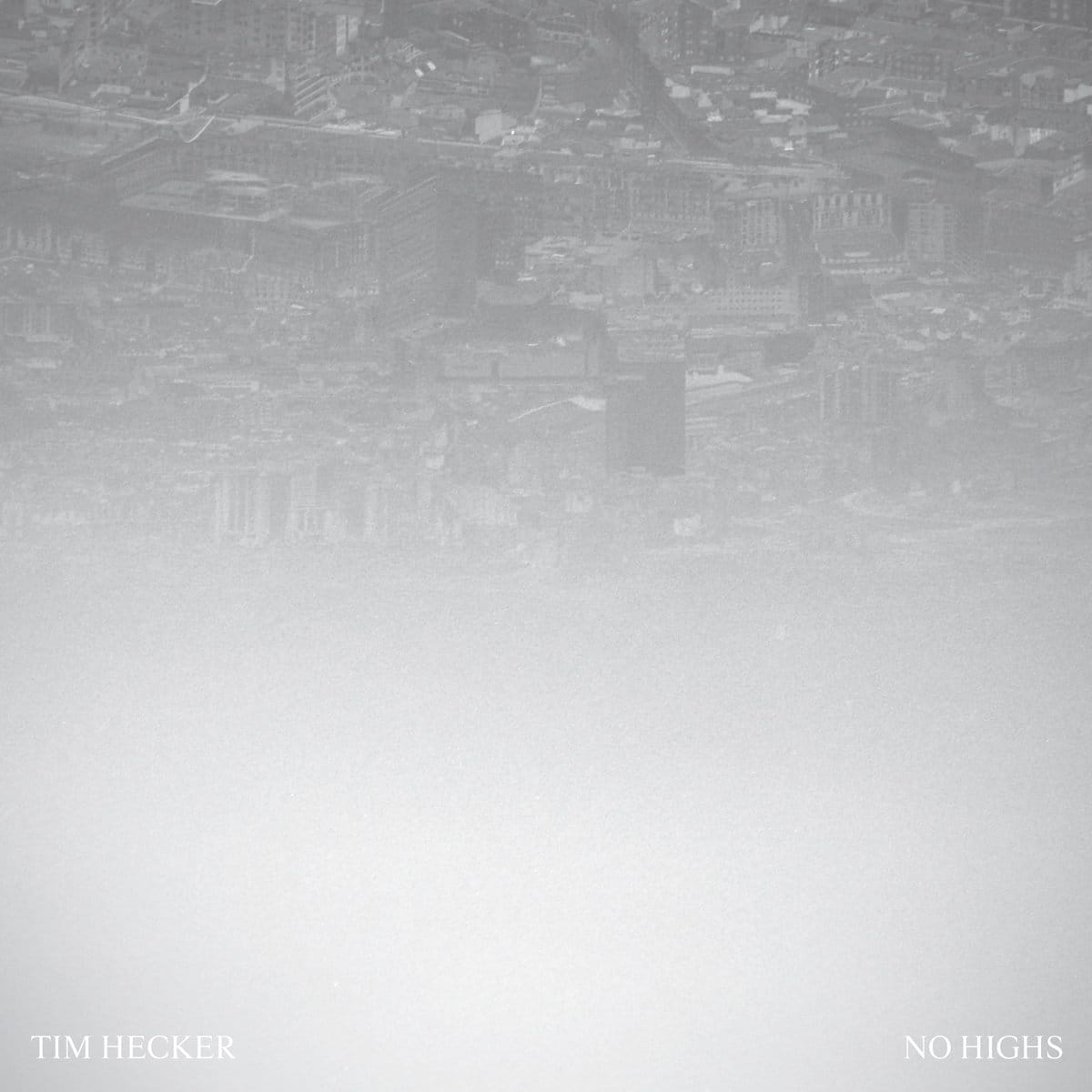
No Highs, Tim Hecker
The Canadian musician’s first album in four years isn’t a grouchy get-off-my-lawn statement, nor is it an abrasive audience-thinner like Vladislav Delay’s Rakka. In fact, it’s less confrontational than a lot of Hecker’s albums, even ones that don’t seem intended to be difficult, like his recent experiments in Japanese gagaku music Konoyo and Anoyo. What No Highs argues for instead is the importance of a wizard behind the curtain. The album is strongest when it makes you aware of the artist’s invisible presence, standing behind the scenes and summoning thunder and lightning at will, playing the audience like the director of a good thriller.
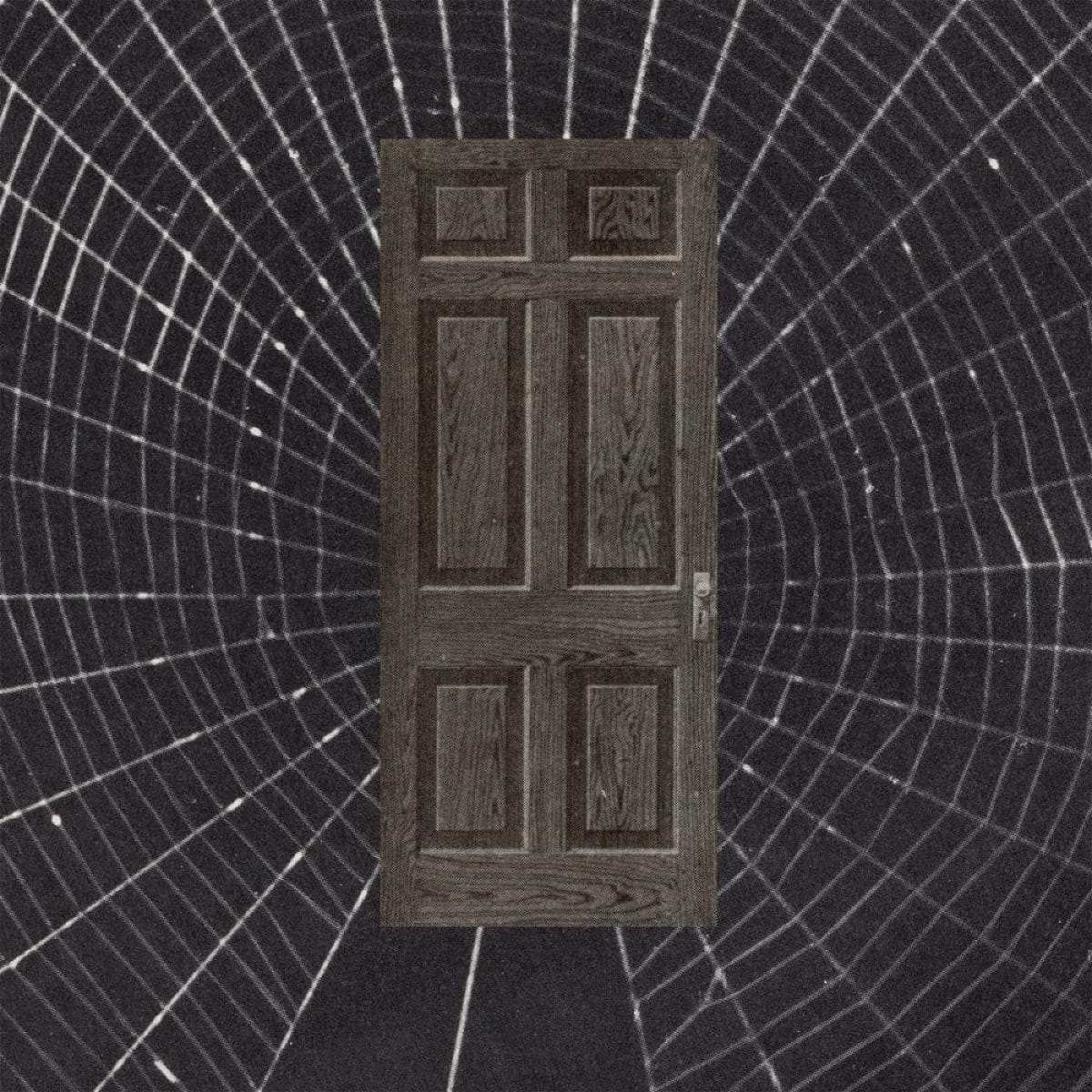
Orbweaving, Midwife, Vyva Melinkolya
Throughout the album, they’re humbled not just by the great beyond, but by their own natural surroundings. On “Plague X,” an unsettling narrative about a life spent hiding underground soon reveals itself to be a description of New Mexican summer: “Whitest sand/ Blackest sky/ Brittle bodies/ Yellow eyes,” Johnston chants. When she sings about a “web of lies,” it recalls the album’s titular invertebrate, weaving its silk under the cover of darkness, praying to make it until the next nightfall. On Orbweaving, Johnston and Diaz spin their own silken networks of guitar delay and reverb, thick with the paralyzing heat of a Southwestern summer. —Bandcamp Daily
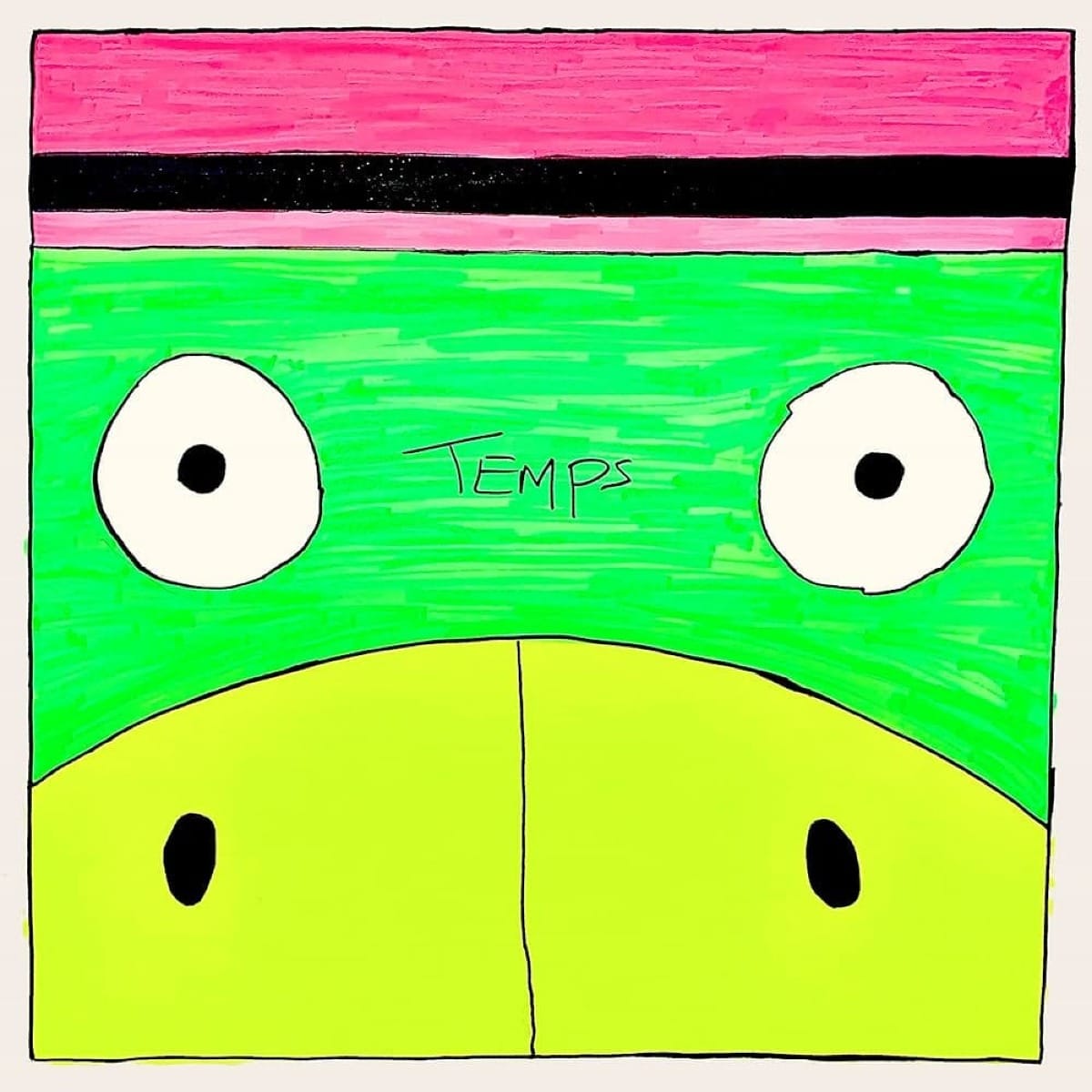
Party Gator Purgatory, Temps
The closer of Stewart Lee’s 2009 stand-up special If You Prefer A Milder Comedian, Please Ask for One saw him perform a slow, sentimental rendition of Steve Earle’s “Galway Girl”: the joke being that the audience would find this more uncomfortable than his most off-color material. Given Acaster’s Lee-esque penchant for template-breaking meta-jokes, his earnest shift into music may lead to similar incredulity or suspicion: this was, after all, going to form the basis for a whole mockumentary. If listeners can drop their guard, they will likely find Party Gator Purgatory a deeply original, exciting album—more than worth taking seriously. —The Quietus

Perfect Saviors, the Armed
A mysterious Detroit collective with a perpetually rotating lineup, the Armed are purportedly revealing their true selves on their fifth studio album, Perfect Saviors. And yet, one is left without a firm grasp of who they are. The band specializes in the art of controlled chaos, rooted in hardcore but not confined to it, and armed with a prankish, theatrical sense of humor. The 12 tracks here—which veer from pretty hooks and acoustic guitar to blast beats—linger in an in-between space that doesn’t fully embrace either noise or pop. —Slant
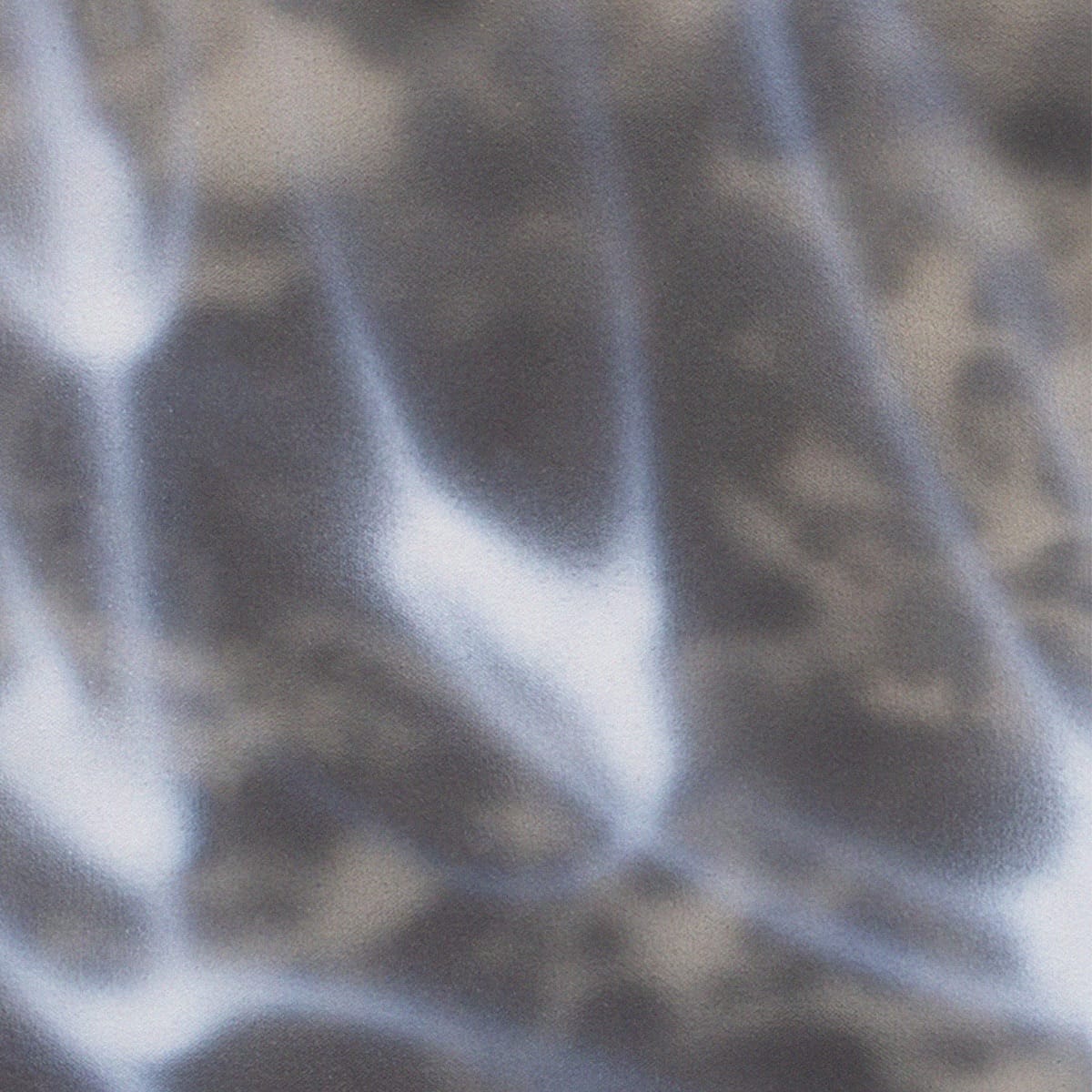
pmxper, pmxper
pmxper, the new collaborative record by Pavel Milyakov and Perila, is a trip through someone’s uneasy dreams. The duo conjure images of empty landscapes and derelict rooms as seen and heard in great cinema. The guitars reverberate with the flair of film scores such as Neil Young’s soundtrack for Jim Jarmusch’s Dead Man or Ry Cooder’s work in Paris, Texas. Its mechanical drum machine sounds recall the forbidding, subterranean pops and knocks in Mica Levi’s score for Under the Skin. Even Perila’s monotone spoken-word delivery evokes Laurie Anderson, whose “Speak My Language” proved so indelible in Wong Kar-Wai’s Fallen Angels. —Resident Advisor
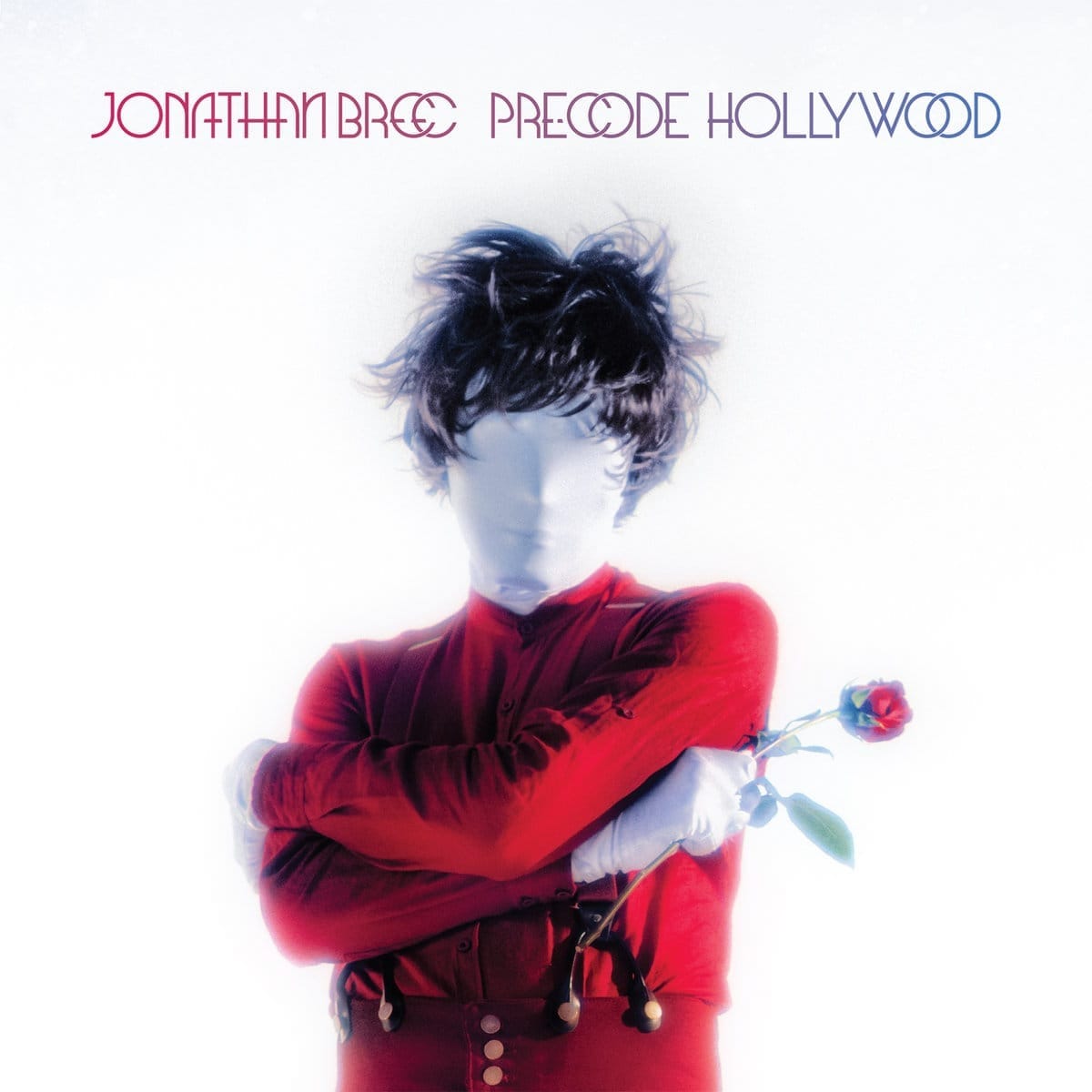
Pre-Code Hollywood, Jonathan Bree
Bree is an exceptional song crafter, and this material is some of the most realized of his career. You get the distinct impression that these songs—like the gorgeous ’80s influenced “When We Met”—may be more autobiographical than he would like to admit, with the heartbreak sounding very close to the bone. Or then again, maybe that’s just part of the performance. —NZ Musician
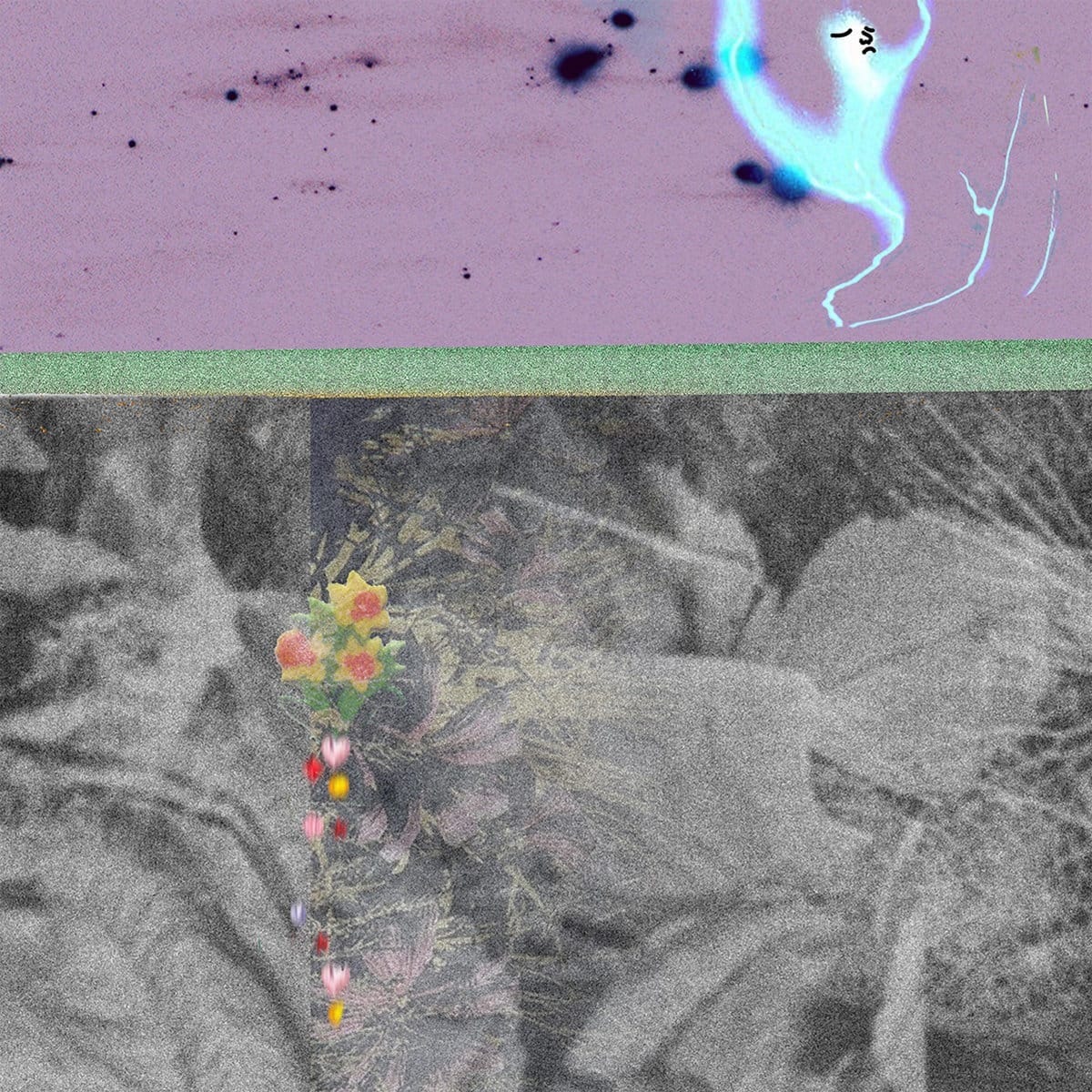
the rot, fibril
Nostalgia is clearly on Maurice’s mind; the title is a nod not just to the pervasive dread at the heart of American culture but also to disc rot and other forms of digital degradation any student of the y2k years will be familiar with. But while it’s not hard to identify, say, the influence of NIN on a song like the anthemic “wasted,” a standout, the overriding feel isn’t one of pastiche. “exposed nerve” pairs machine-gun drums and screamo vocals with gorgeous organ drones, like Rorschach and Atari Teenage Riot chilling in Terry Riley’s studio, and “wasted” jumps between passages of MBV blissout and Gravity Records freakout. —Futurism Restated
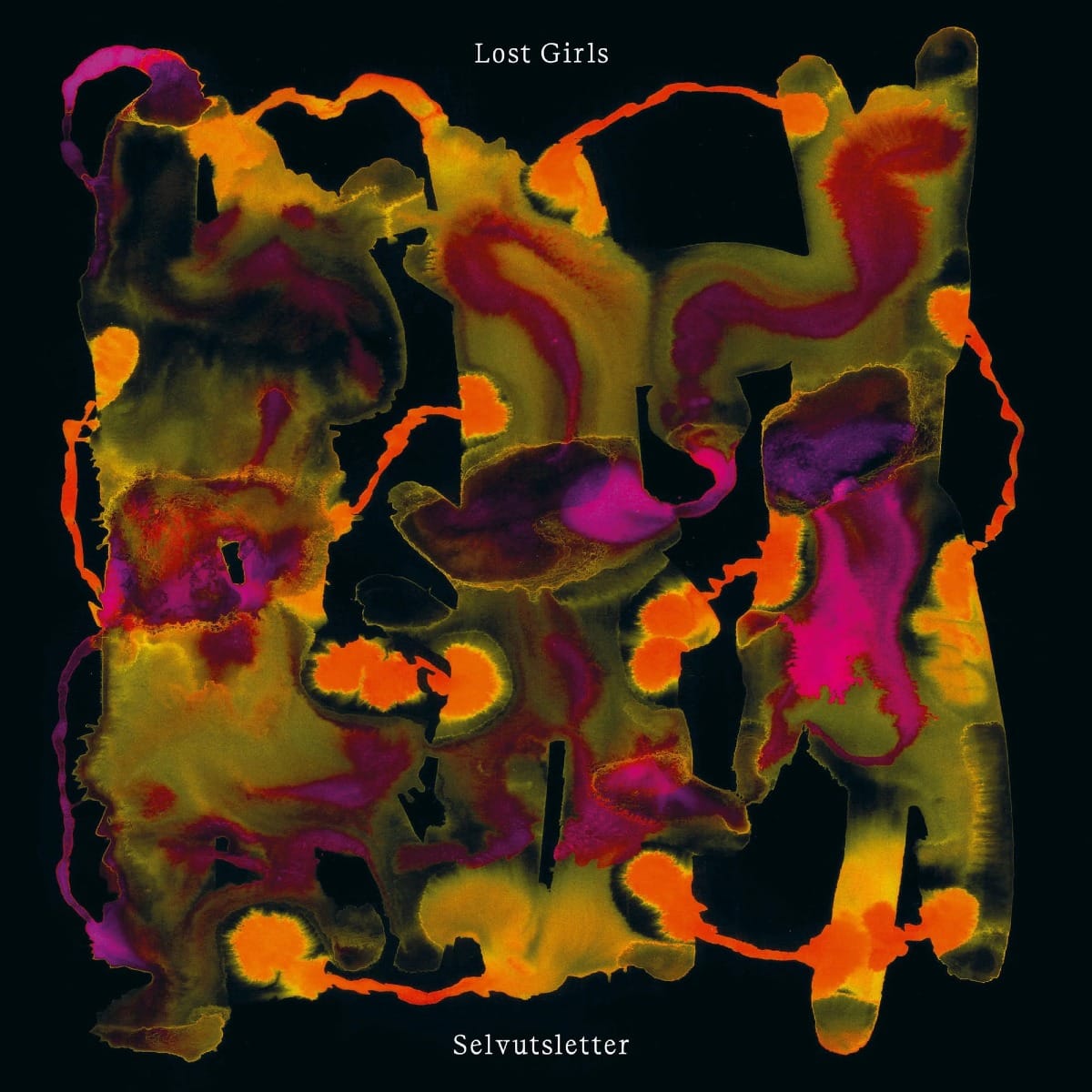
Selvutsletter, Lost Girls
With Selvutsletter, Lost Girls, at least, are proactively inserting themselves into a particular pop-music lineage, telling their own story, telling us where they fit. And like everything else they’ve done, it doesn’t sound limiting or calculated or agonized over—it just sounds vibrant and magical. —The Quietus

Signs, Purelink
Ambient and dub techno have always foregrounded sensory pleasure, and Purelink excel in that department. Signs is a virtual steambath of foggy chords, chest-massaging bass, and sumptuous, ultra-vivid textures. They maintain a uniform mood of gentle repose across the whole 39-minute release. There’s nothing as insistent as a four-to-the-floor beat; where kick drums appear, they land only every so often, offering the merest hint of a pulse. Instead, movement comes from the way that synths and filters swirl, curling like foam along the shoreline. —Pitchfork
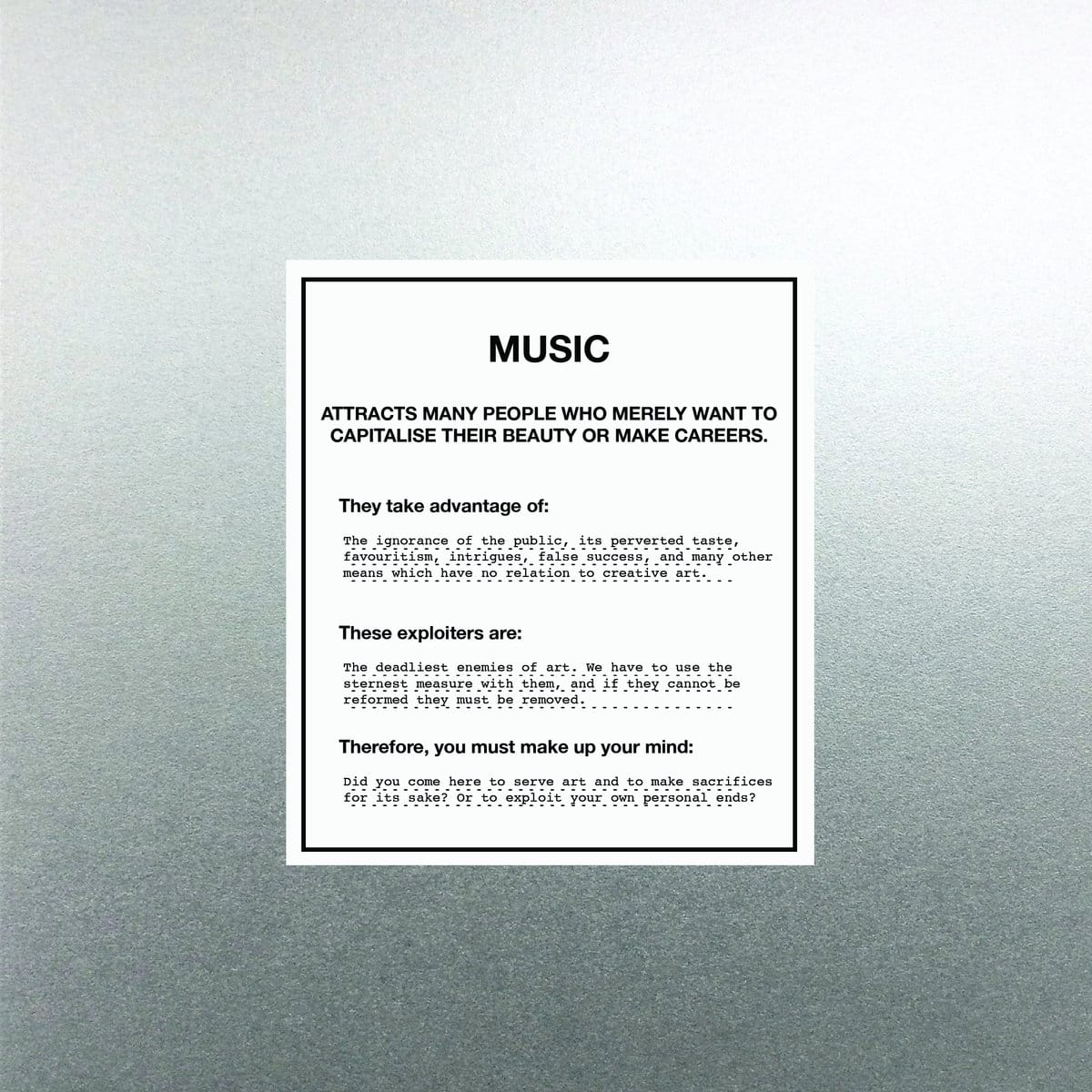
So You Betrayed the Creative Arts for Your Own Personal Ends, Mark
We get 30 minutes over two sides of rhythmically inventive, texturally dense counter intuitive production that reimagines jungle in the context of minimalist composition, an unusual paradox that sounds genuinely fresh without getting off on its own intelligence (that they can cite Schoenberg’s Second Viennese School as a direct influence without irritating me is clear testament to that fact). Iconoclastic, anti anti-intellectualist, actually enjoyable to listen to—Mark might have hit the previously mythical sweet spot. —World of Echo

Speed Run, Frost Children
The foundation of the previously released “Flatine” is built on a pounding, squelching house beat and vocals that oscillate between misty bedroom-pop and quasi-rap chanting. In addition, there’s an assortment of racing alien drums, police sirens, and short-circuiting buzzes. Between the track’s pulsating bass signals, mechanical production, and harmonious vocal layers, “Flatline” is simultaneously high-energy, hypnotic, and oozing with personality... and Yoshi sounds. —Ones to Watch

Star Eaters Delight, Lael Neale
The frenetic clip of “Faster Than the Medicine,” with its SpinART inspired bass lines, makes for the best New Order song this side of Power, Corruption and Lies. While the ancient hiss that envelops songs like “Must Be Tears” and the closing “Lead Me Blind” feel they were recorded in the same era as Washington Phillips’ scratchy Columbia 78s, with similarly odd instrumentation to boot. Given Star Eaters Delight’s briefer running time than its predecessor, Neale has put together a tight package of an album with no stray notes but one also brimming with a sly multitude of ideas. Kudos to Neale for not playing it safe and simultaneously doing something wholly different than anyone else out there. —Under the Radar
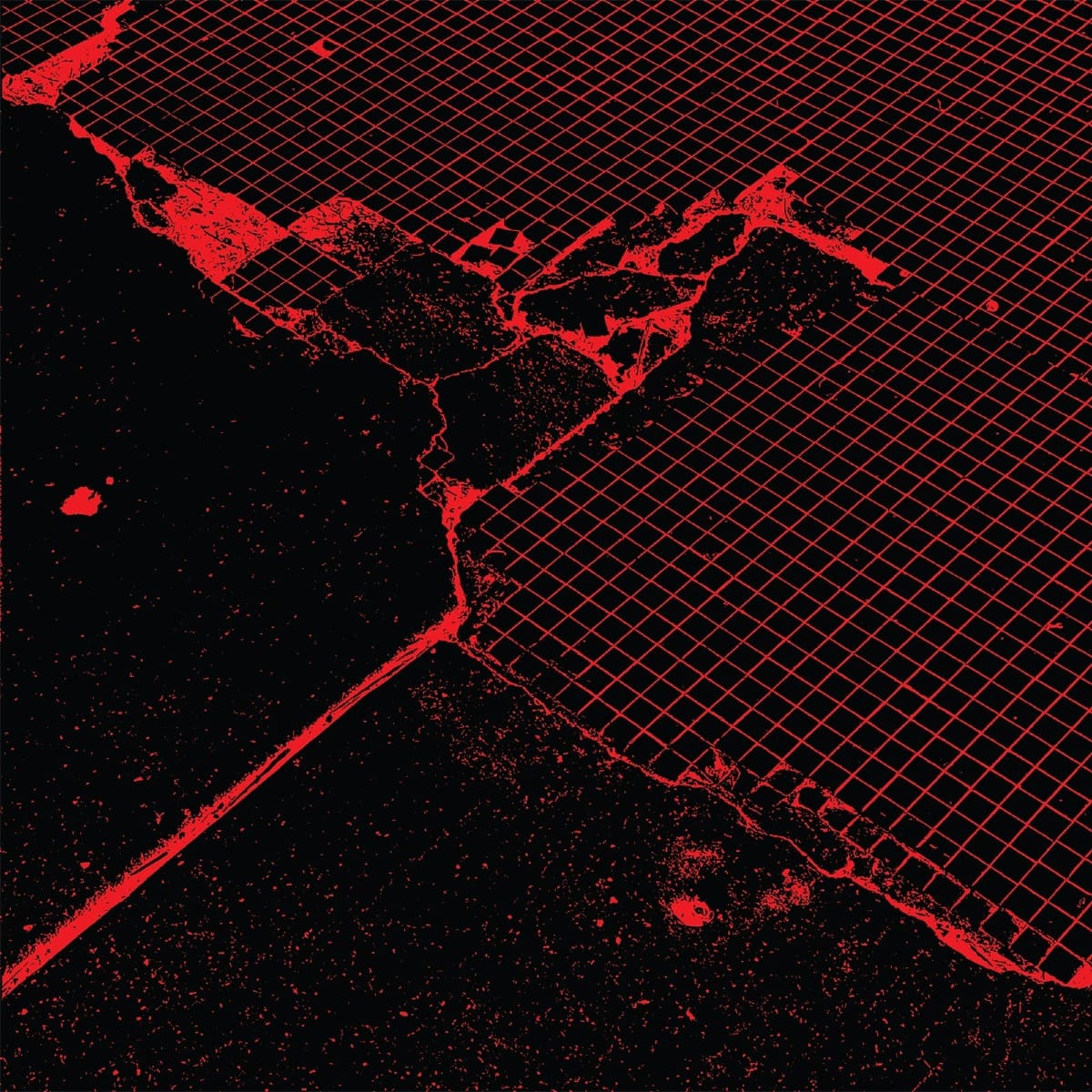
Still Life in Decay, FACS
FACS is, at heart, a heavy band, but “Still Life in Decay” and album closer “New Flag” paint a more nuanced picture of what it means to play heavy music in an era of temporal decomposition. By the advent of Still Life’s crushing crescendo, I’d gone somewhere in my mind that a FACS album traditionally hasn’t taken me. Yes, it’s still a lonely place, but comforting, like a sensory deprivation chamber or watching a storm roll in from your front porch. Whatever’s left of this world when we’re done with it, Still Life in Decay will remain a definitive statement by a band at the peak of its power. Hopefully, there will still be some of us who stuck around late enough to hear it. —Post-Trash
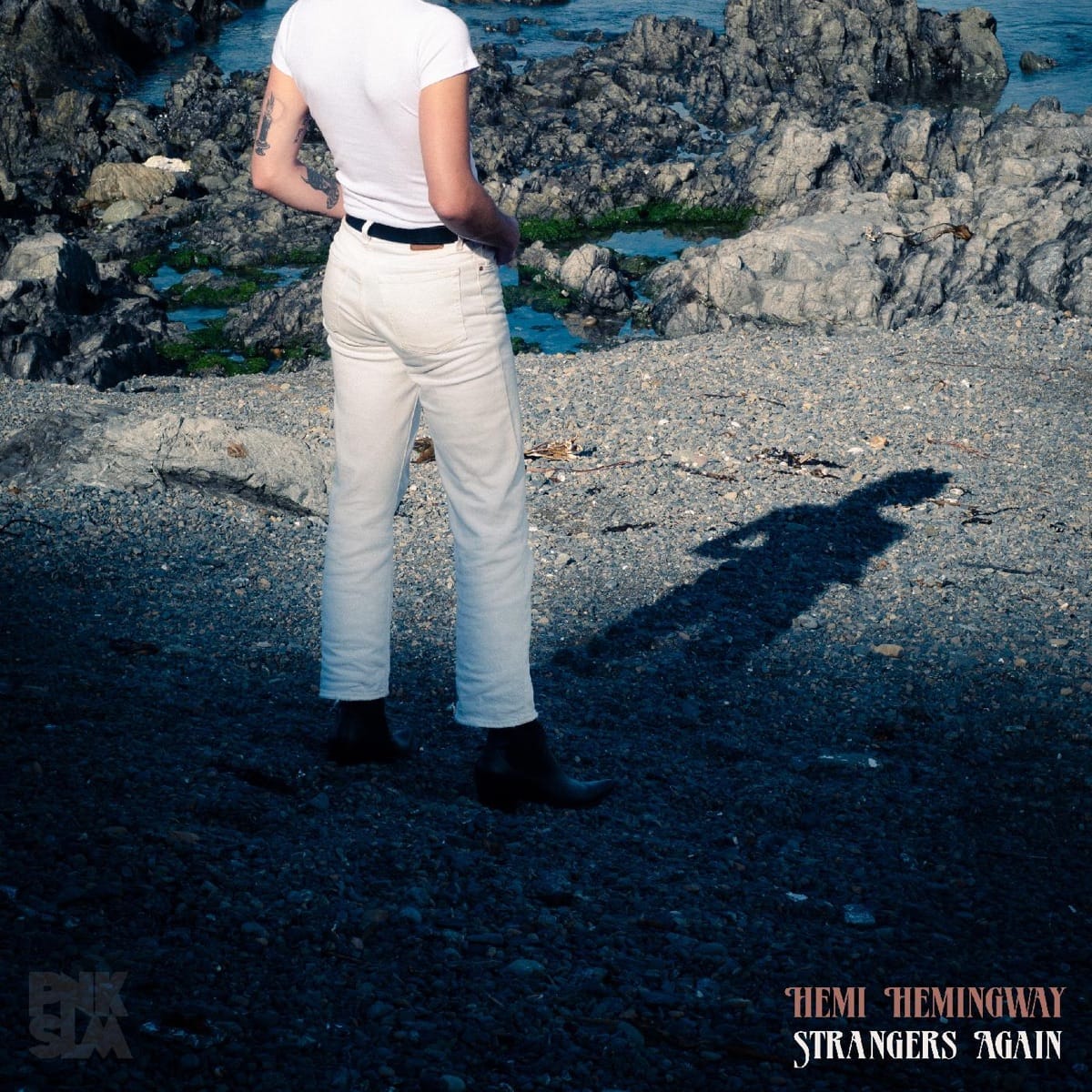
Strangers Again, Hemi Hemingway
Strangers Again is, above all else, smooth and charismatic. There's a heavy ’60s-pop influence across the board, but it doesn’t overplay its hand. Blackwell carefully mixes in baritone mutter-sung verses to keep things anchored in a sad, melancholic glaze. From there, he imbues each song with emotion using soulful, eloquent guitar solos and the occasional stroke of genius: whether it’s the way the saxophone fills the room with a somber dreaminess, how the classical pianos feel uplifting even bordering on enchanting, and how Blackwell’s most fervent lines verge on exploding into an all-out scream. There's so much emotion lurking—vocally, instrumentally, lyrically—that when he does break down, it feels like the culmination of everything Strangers Again was meant to build towards. It’s lonesome and bitter, lovestruck and hopeful, and undeniably poetic in everything it does. —Sputnik Music
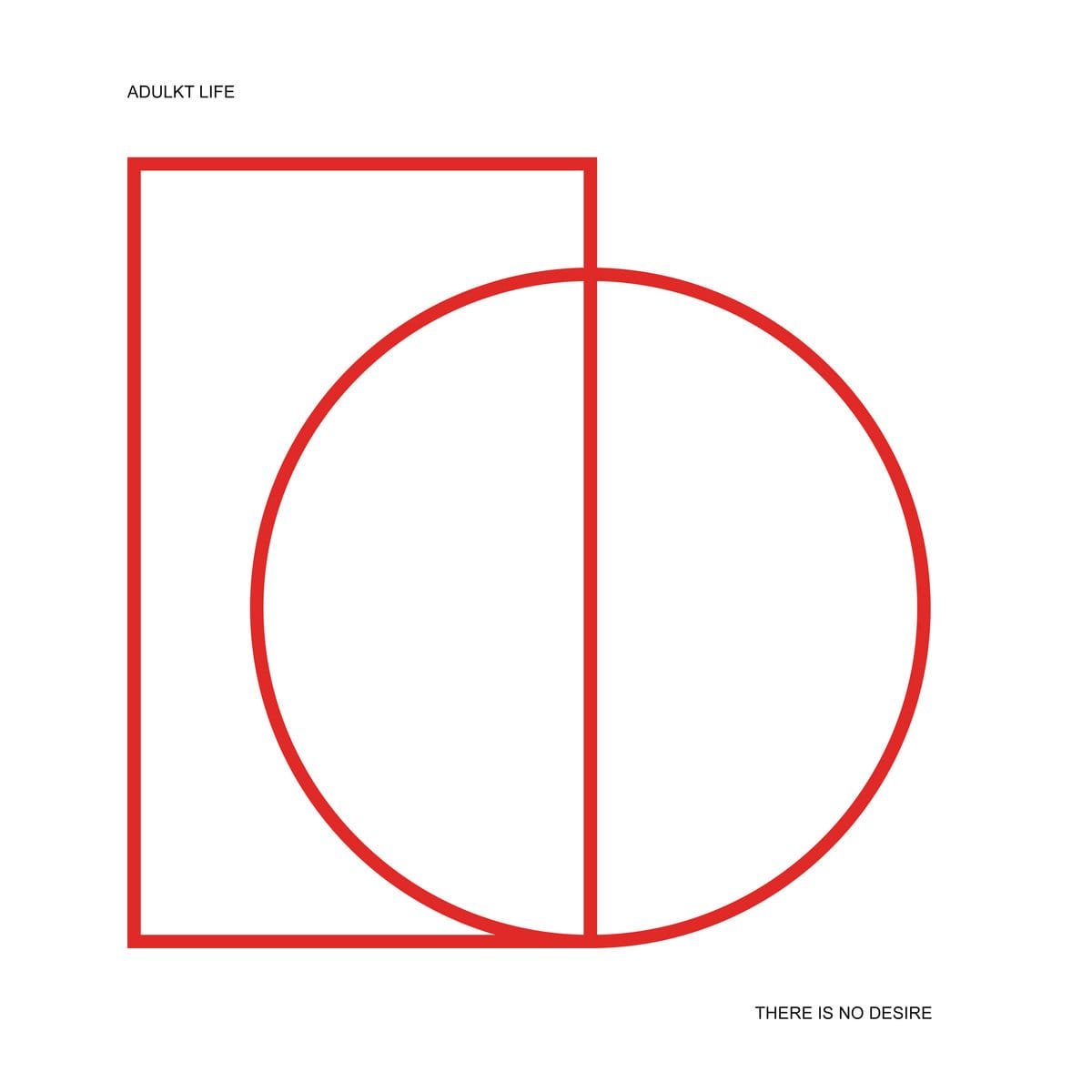
There Is No Desire, Adulkt Life
Chris Rowley, of ’90s cult punks Huggy Bear, had all but given up on music when he met Male Bonding’s John Webb and Kevin Henrick who convinced him to start a new group. Adulkt Life’s 2020 debut album, Book of Curses, was Rowley’s first new music since Huggy Bear and he’d clearly been storing a lot of pent-up energy and anger, as it was a stormer of a record. Three years later the group are back with their second album that finds all of their energy reserves at maximum again as Rowley lets it rip over post-apocalyptic riffage. Where was Rowley shouting in the 20 years in-between? Glad he’s found a worthy outlet. —Brooklyn Vegan
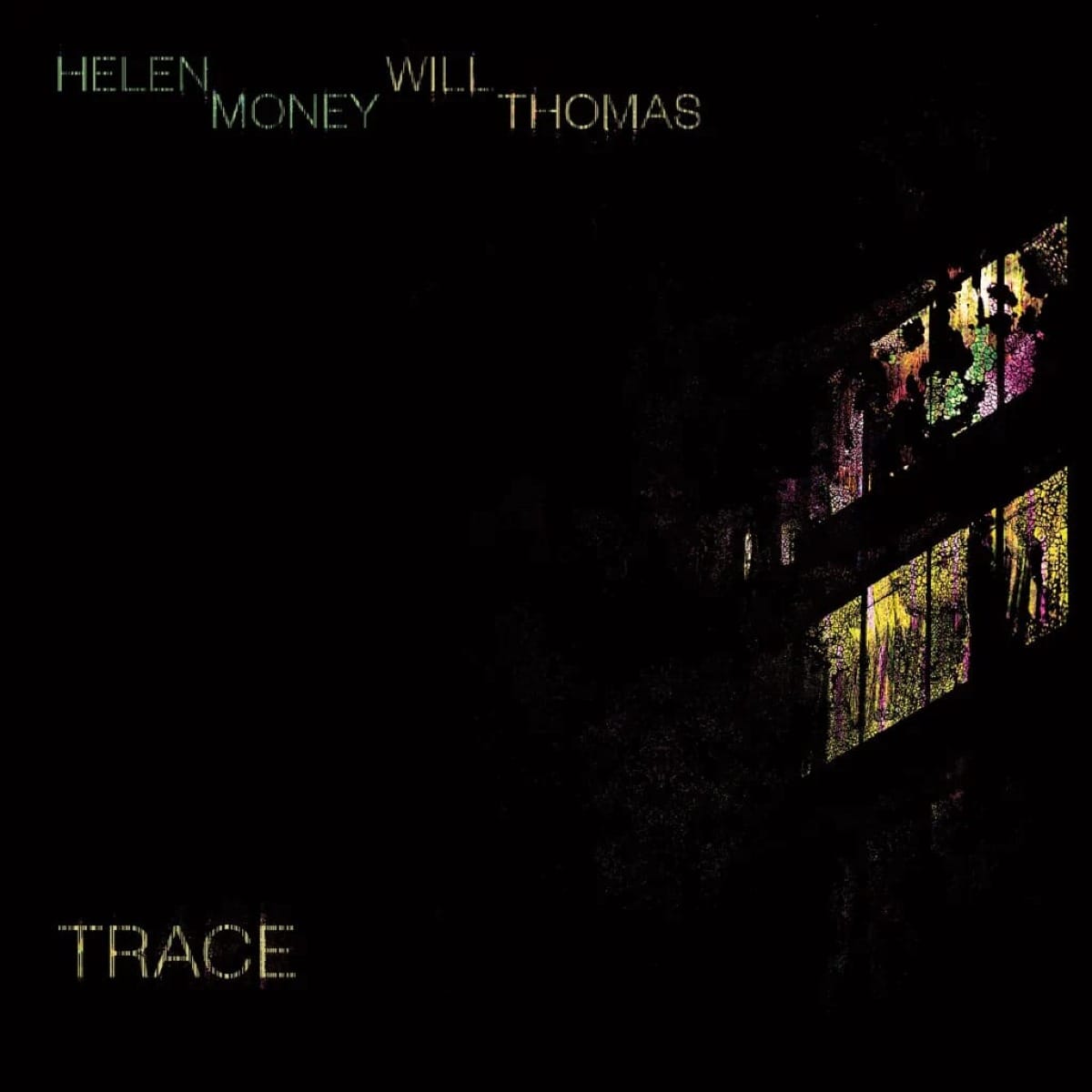
Trace, Helen Money, Will Thomas
Trace is a studio album, but its often foreboding music evokes fantastical acoustic settings. “Someone Out There” and “Boulevard in Silence” resound as though recorded in a damp underground labyrinth. The mechanical low-brass figure ushering along “She Never Suspected” sounds like the last churnings of a cavernous, nearly abandoned factory. Other songs swaddle the ear and the heart: on companion pieces “Half Asleep” and “Half Awake,” Chesley bows plangent cello lines above a muted, slightly warped piano ostinato that Thomas seems to be playing underwater, and “Abandon” glows with the rounded resonance of a high-ceilinged chapel. “Thieves,” released as an advance single, is the biggest departure from Trace’s brooding mood, with its hurtling syncopation and cello harmonics distorted to sound like an electric guitar. Over-ear headphones recommended—but no matter how you hear it, Trace will weave its way into your brain circuitry. —Chicago Reader
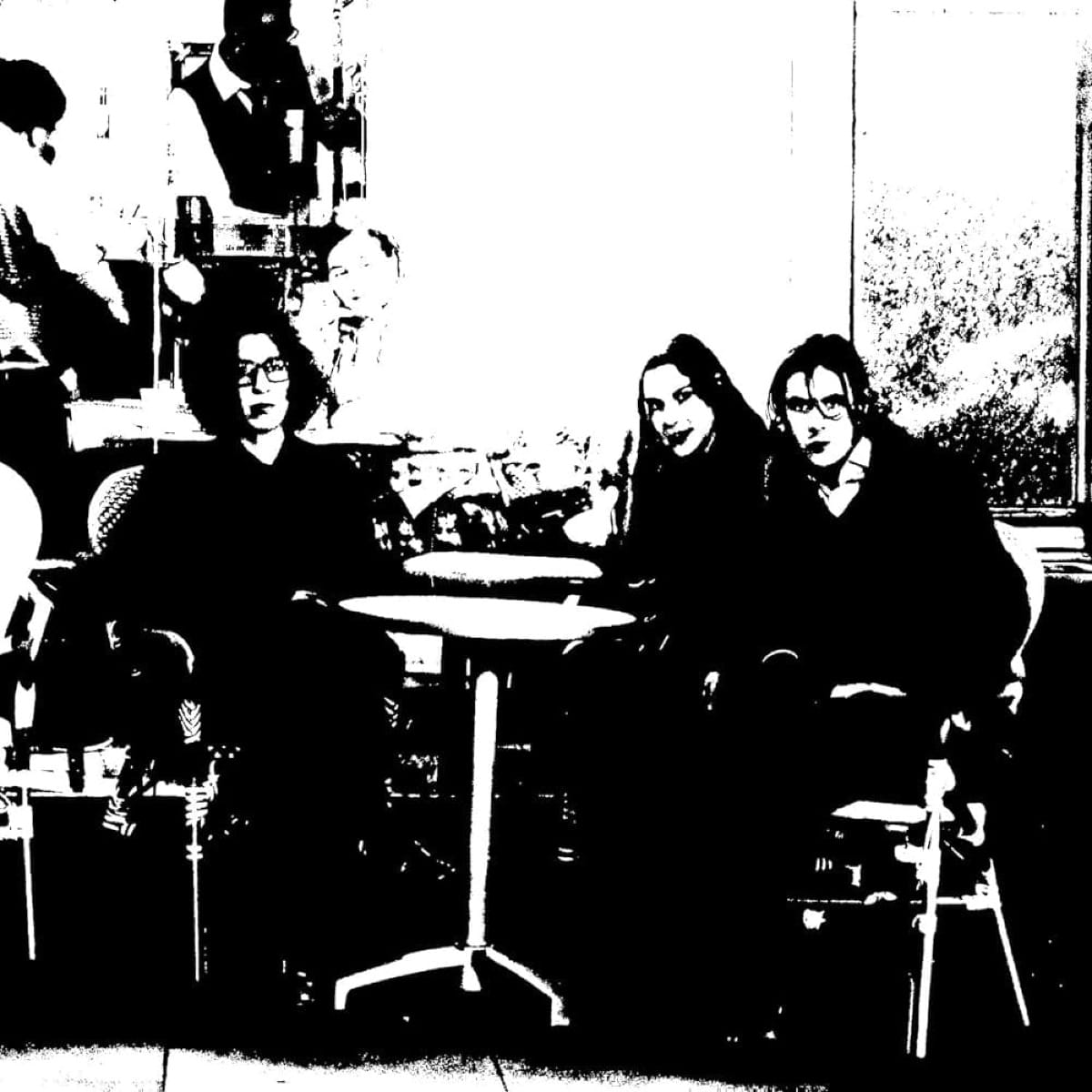
Tracey Denim, bar italia
If Codeine and King Krule teamed up for an album of Britpop covers, the end result would probably sound a lot like the music of bar italia. Based on even a cursory spin, it immediately seems fitting that the band shares its name with the title of the closing track on Pulp’s 1995 album Different Class. When the UK trio unassumingly wandered onto the scene in 2020, it didn’t take long for them to make their way to the front of a sphere of artists including untitled halo, Mark William Lewis, and Organ Tapes. bar italia mysteriously strip slowcore and shoegaze to their roots, serving up stark music that mirrors the tenuousness of our times in the process. —Stereogum
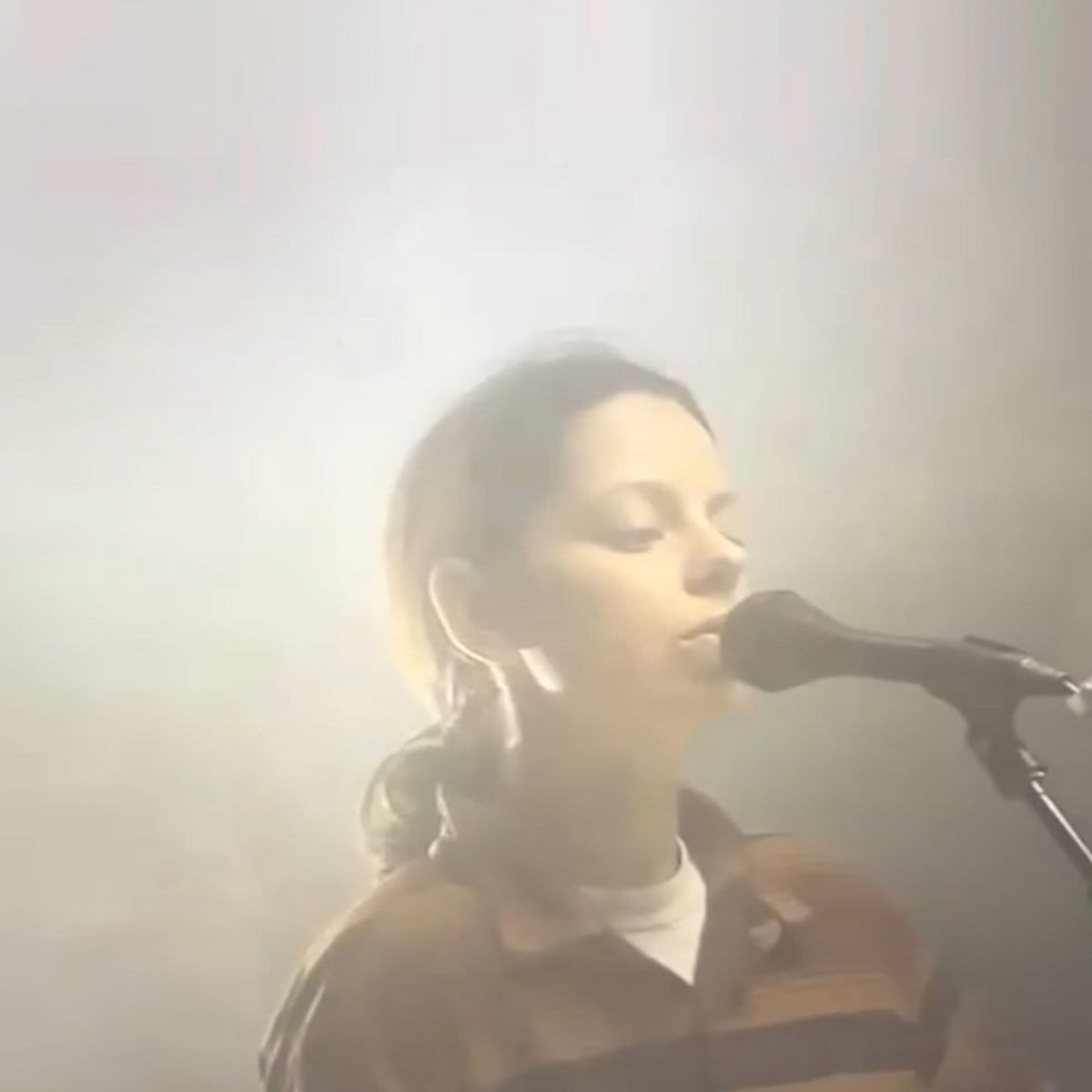
trip9love...???, Tirzah
The most fascinating aspect of the album is that, track after track, listeners hear the same trap beat, punctuated with delightful claps that play double dutch with powerful kicks. But like a painter adding bolder strokes to a canvas, each song is mixed uniquely, sometimes made new with the subtlest of changes. It never feels redundant or overdone. On “Today,” the 808s are merely a spectre in the background, until Mastin transitions out of her moaning chorus and bass drops like a room lined with blown-out speakers. Then there’s the occasional moment the percussion cuts out, like on “Promises,” where Mastin catches her breath after spitting out her children’s chant of a chorus like nyah-nyah-nyah. The record’s drums are the most seductive and ubiquitous hook, making the album something akin to a half-hour of endless lotus-eating. —Resident Advisor
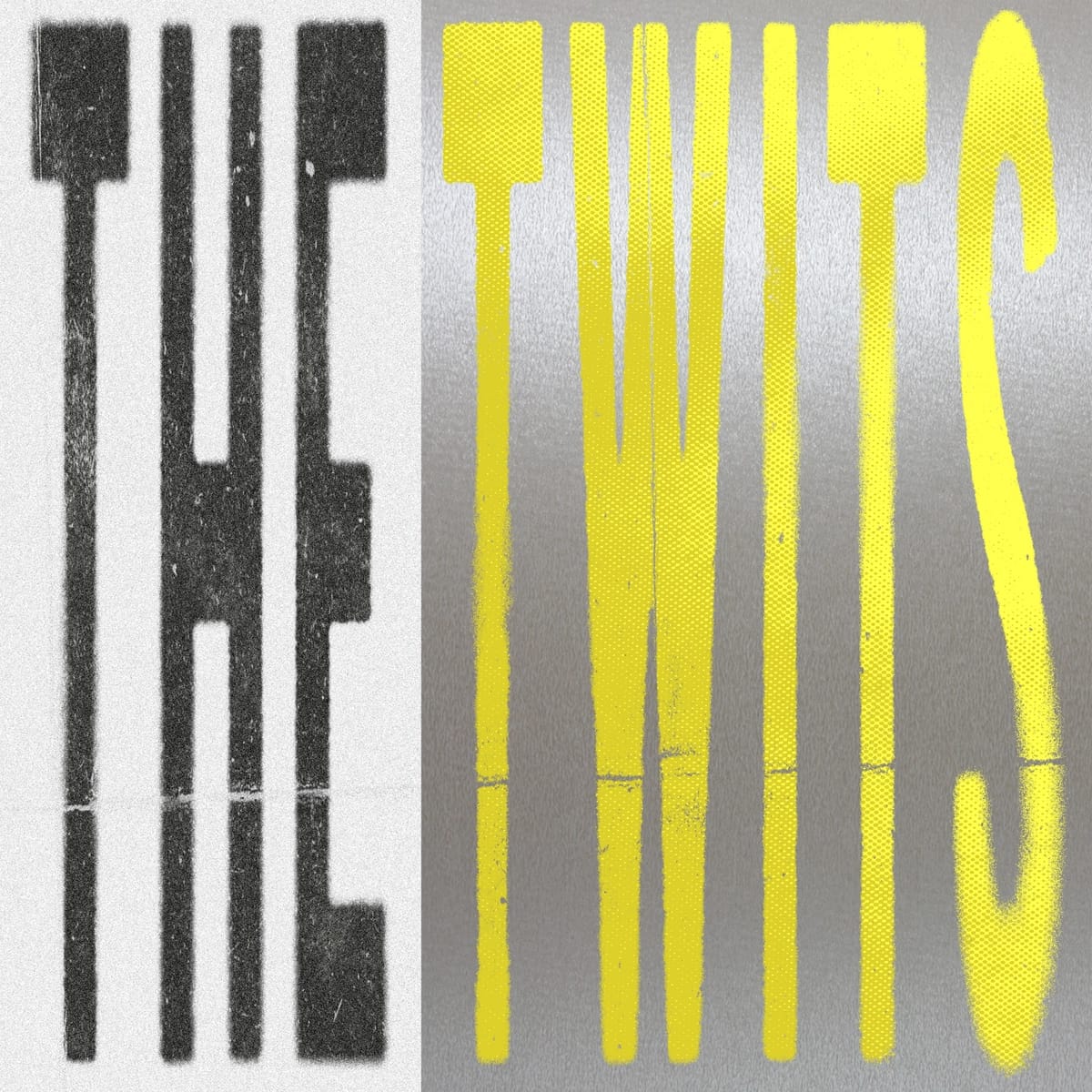
The Twits, bar italia
Other moments of pop levity—such as the standout, anthemic “my little tony”—are paired with boisterous confrontational songs almost demonic in their vigor. The warning shots of “twist” carries the ultimatum intensity of a high-noon gunslinger shootout. “There was sweat mixed with tears/ It was either me or him,” sings Cristante against the backdrop of a minimalist spaghetti western-infused guitar melody. “que surprise” or “Brush w Faith” are jagged, almost mythic in their opaque incarnation. The Twits was released just six months after Tracey Denim. While this latest project is undoubtedly a level-up, it does feel quickly assembled, but that mellow, effortlessly cool aesthetic of the band is all part of the appeal; they may be slackers, but they are most certainly artistically ambitious. —Post-Trash

Unbecoming, Vyva Melinkolya
There are shoegaze elements all throughout Unbecoming, but I’m hesitant to label Vyva Melinkolya a “shoegaze project”—namely because the energy here doesn’t suggest that Angel Diaz has her eyes locked onto her feet. No, this record transmits an aura that radiates grandiosity even at its slowest moments—as if Vyva Melinkolya is an entity that demands to be seen, not something that slips into the cog of the music’s machine. Perhaps that is the greatest trick that Unbecoming pulls off: It’ll force you to abandon all preconceptions and it’ll haunt your conclusions. The songs are gauzy, their fuzz swelling into an hour of sluggish, swampy guitars and spectral, divine singing that’ll swallow you whole. —Paste
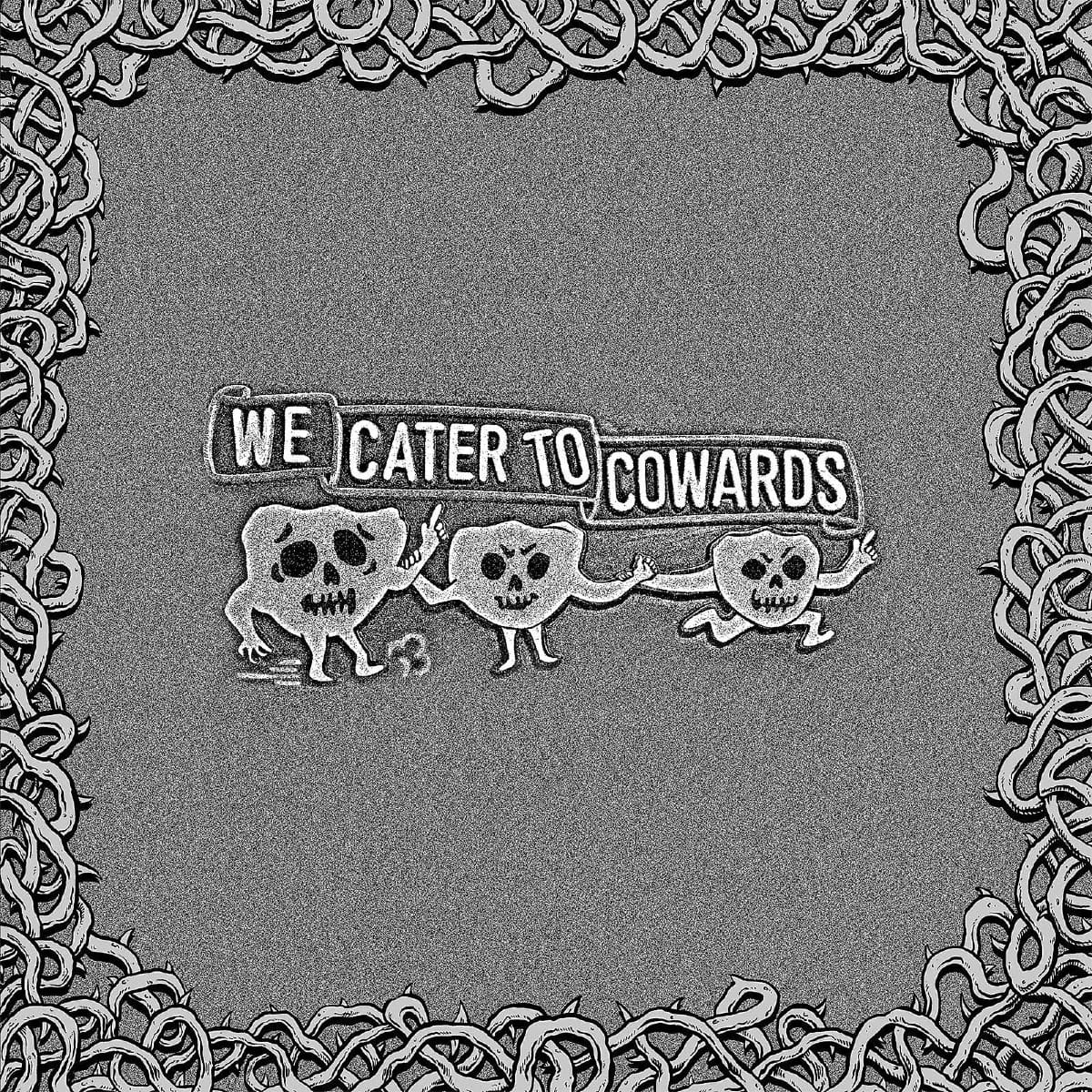
We Cater to Cowards, Oozing Wound
Bottom line: they’re some of the most sci-fi sounding guitars I’ve heard in a hot minute. The album’s relentless and inhuman sound is what sold me: whether it’s the irate and mildly cryptic vocals throughout or the constant swarm of clashing instruments. This thing is a beast. If nothing more, We Cater to Cowards has convinced me that I need more of this kind of noisy bullsh*t in my life. After wading through all this thick sludge, at least two showers will be necessary, but I’m in no rush; I’d almost forgotten how much fun it can be to play in the dirt. —Sputnik Music
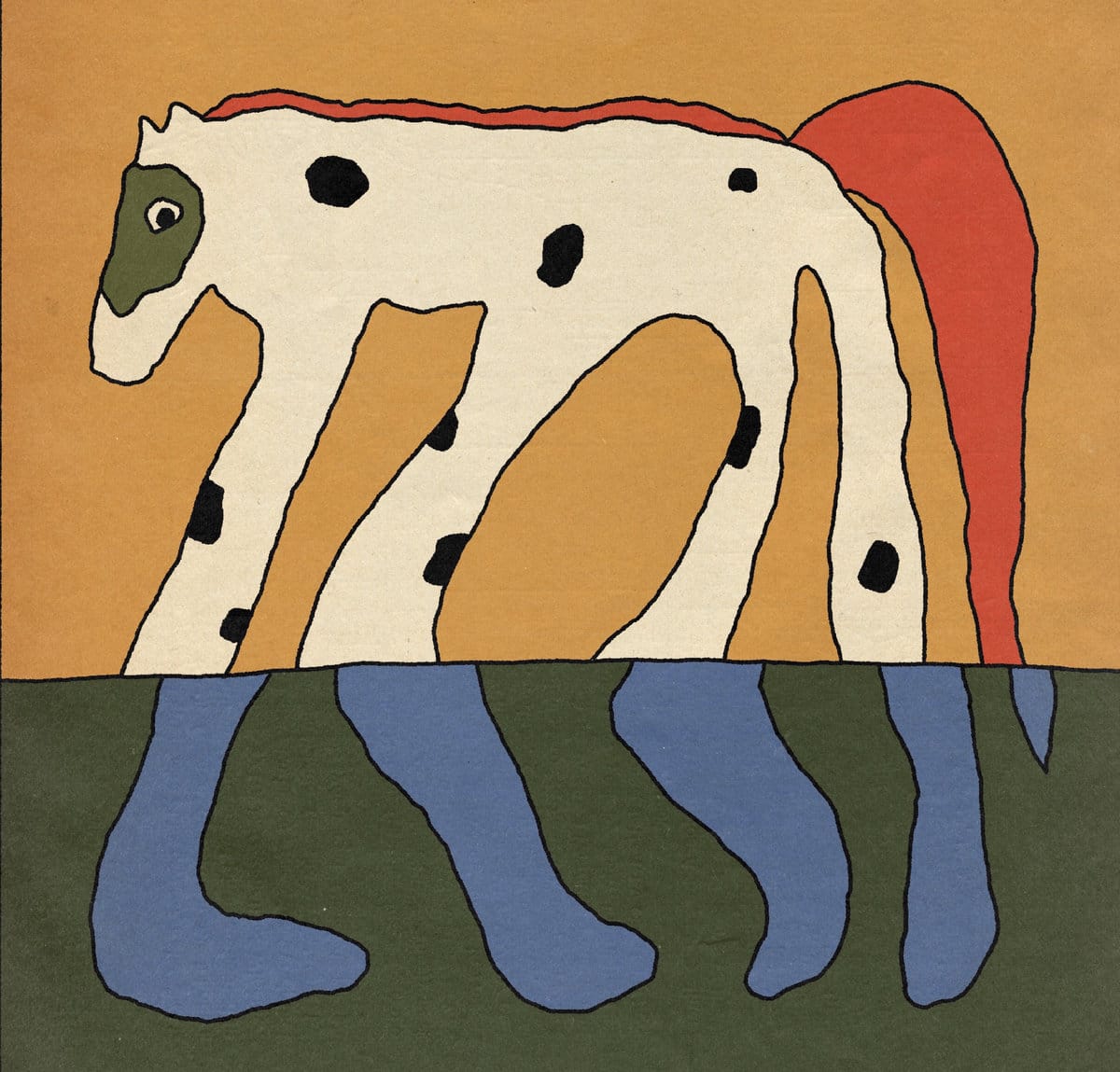
When Horses Would Run, Being Dead
Right from the opening track, “The Great American Picnic,” listeners find themselves immersed in a world of dreamlike surf settings and hazy, blended melodies. The record commences with a familiar sense, almost as though it has been plucked from a bygone era of rock music. Nostalgic guitar riffs, warm analog tones, and reverb-laden vocals fuse to create a mood reminiscent of ’60s and ’70s psychedelia. However, this is interwoven with a modern twist that maintains the music’s freshness and relevance. The songs exhibit musical cohesion while also covering a wide expanse, effectively keeping the listener engaged. Another standout on the album is “Muriel’s Big Day Off,” which highlights Being Dead’s prowess in merging styles. The track kicks off with a surfy bounce and harmonized lyrics, before delving into a jazzy final third that truly commands attention. —The Fire Note

When No Birds Sang, Full of Hell, Nothing
When No Birds Sang is going to be a difficult album for some to listen to, as it works in a complex orchestral composition style of movements, the juxtaposition of the two polar opposites may be too off-putting for them. When they combine their contrasting styles, the effect is simply stunning, but it marks it out as no mere casual listen. It is certainly interesting, brave, and thought provoking. —The Sleeping Shaman
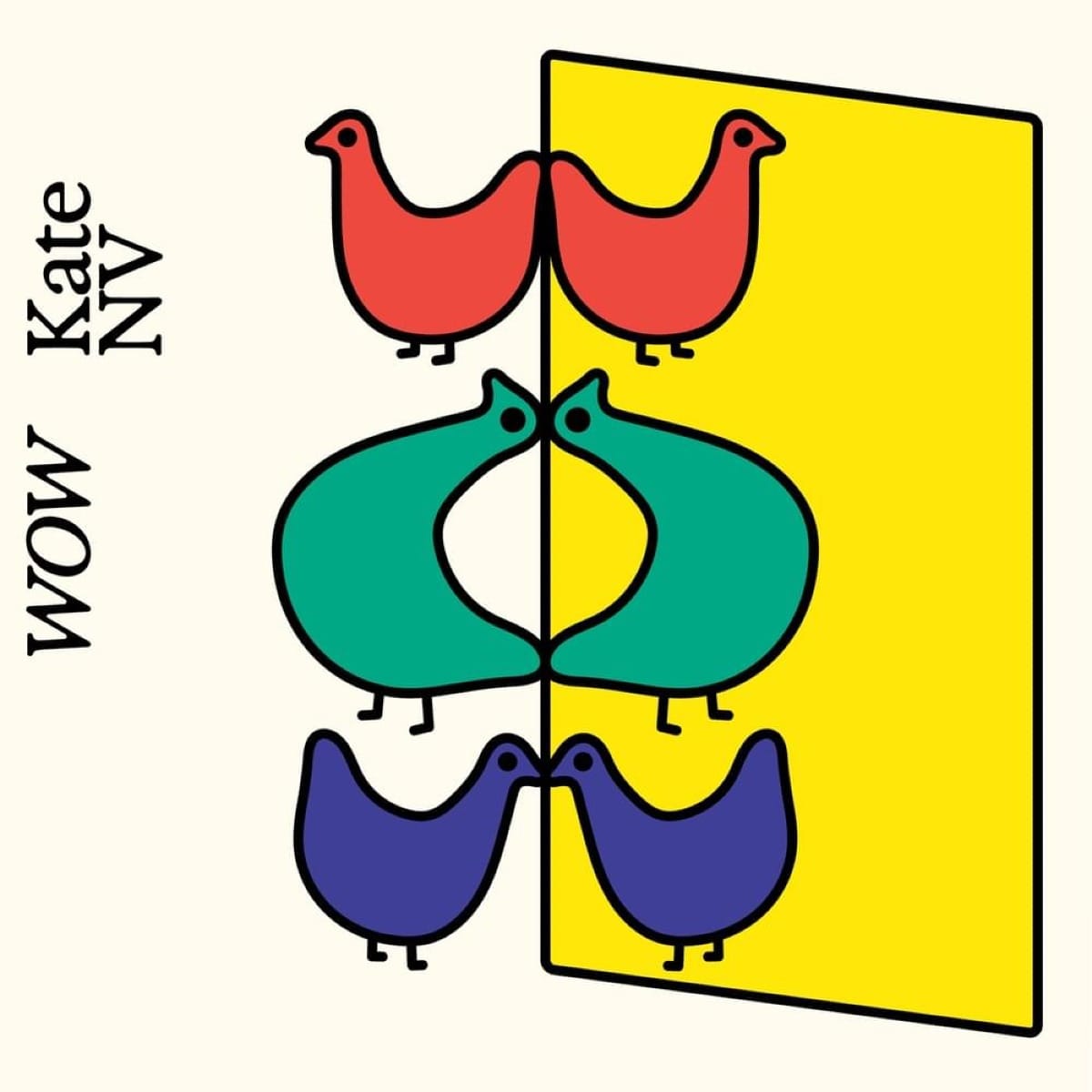
WOW, Kate NV
What’s remarkable and refreshing is how little anxiety is coursing through these songs. It feels rare nowadays to have music that can be so abundantly exuberant. “My only concern about releasing it now is that the album is joyful but what I’m experiencing is not joyful at all,” Kate NV said in a recent interview—she recently moved out of her home country due to the conflict with Ukraine. “I was afraid that people would question how I could create this light-hearted and fun music right now, but life is very short and I just want it to be out there. Maybe it can help someone else to feel light, warm and happy again.” It’s a welcome reprieve to indulge in a little escapist fantasy, and WOW is the best kind of bright, gooey confection. —Stereogum

